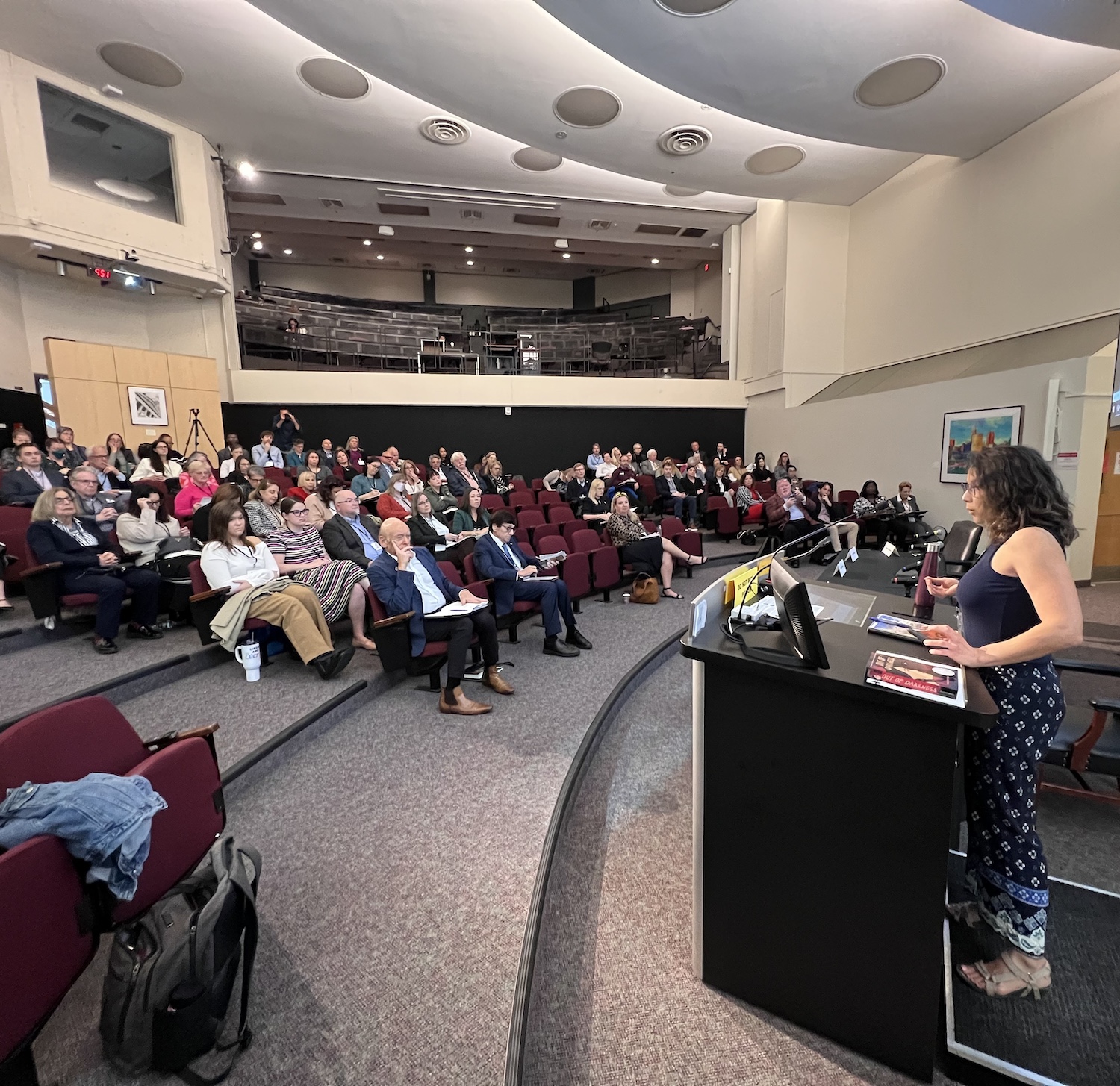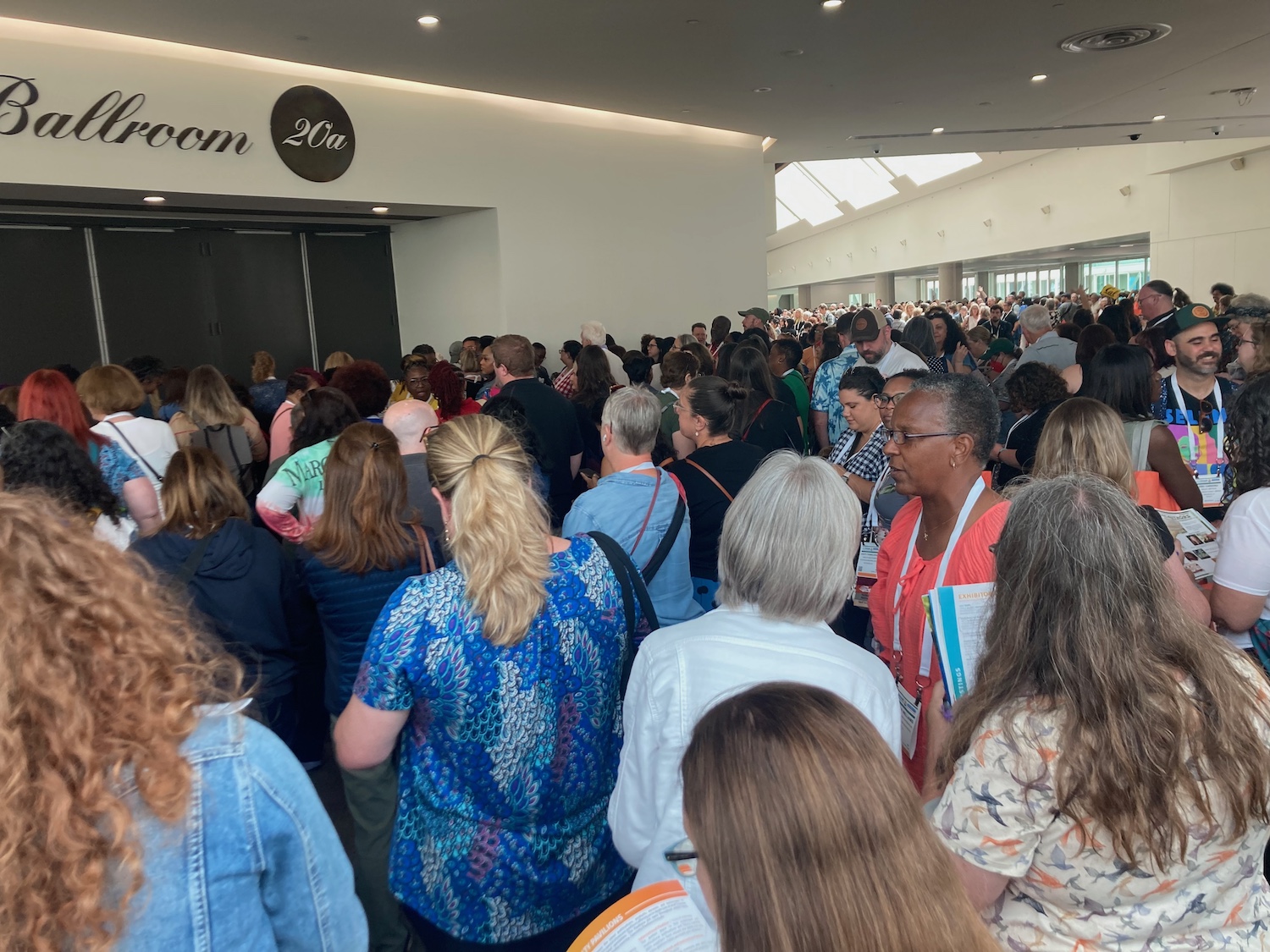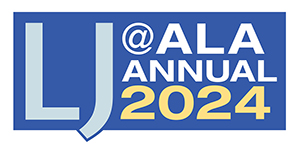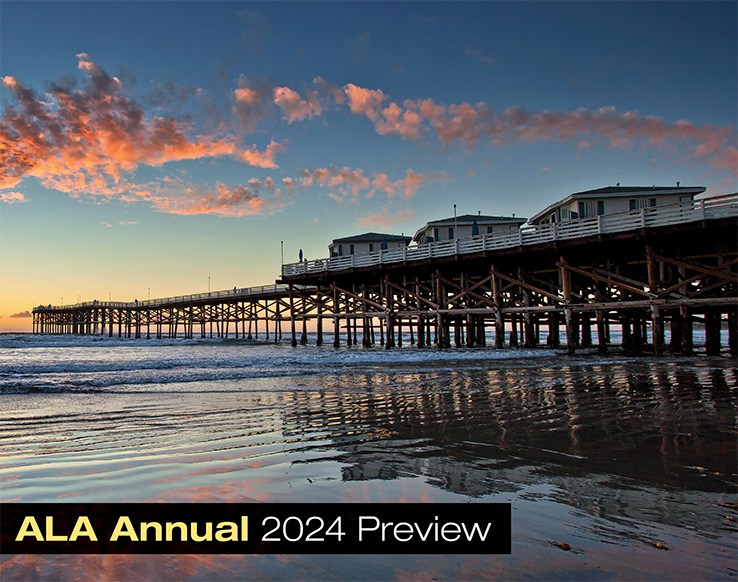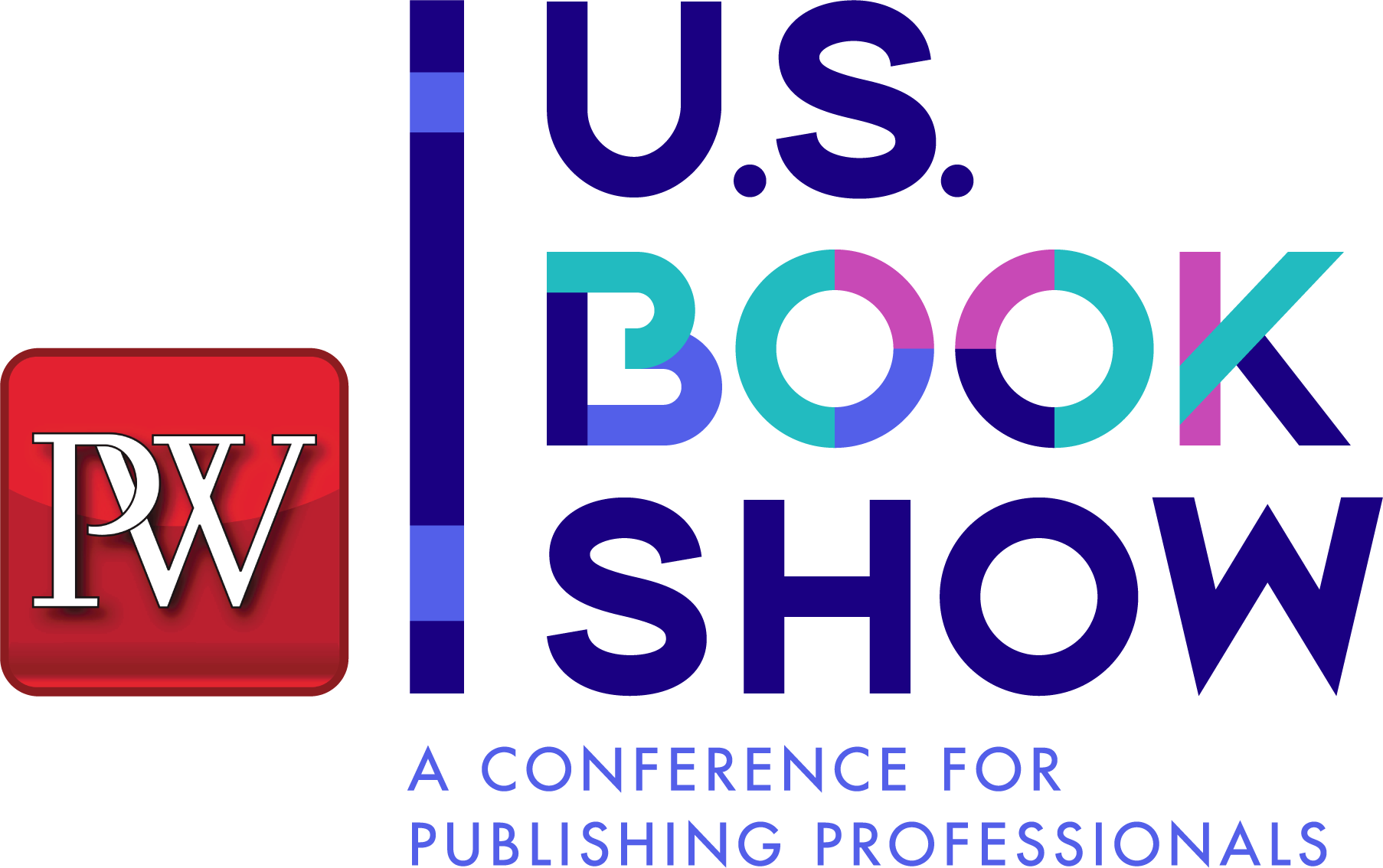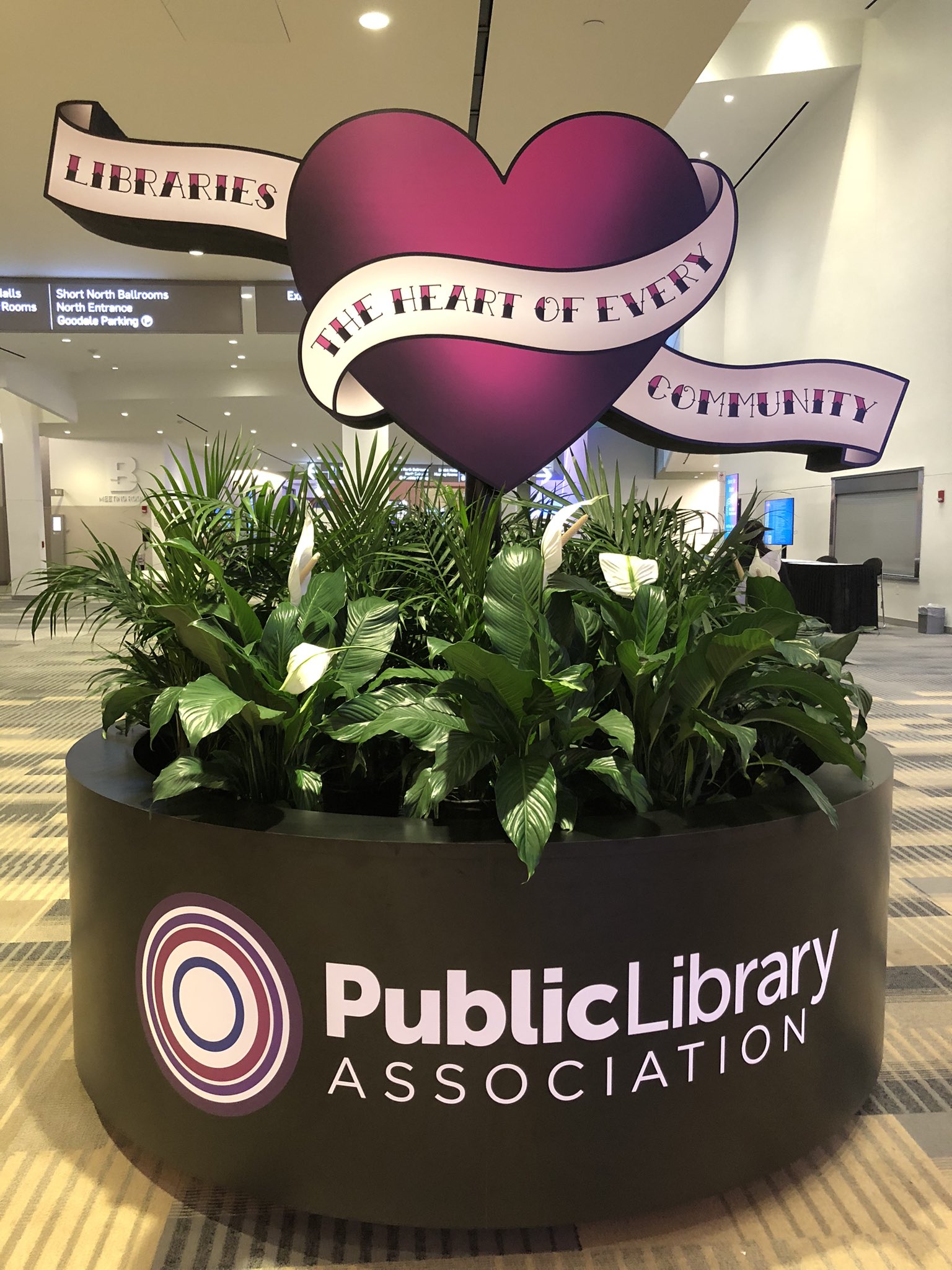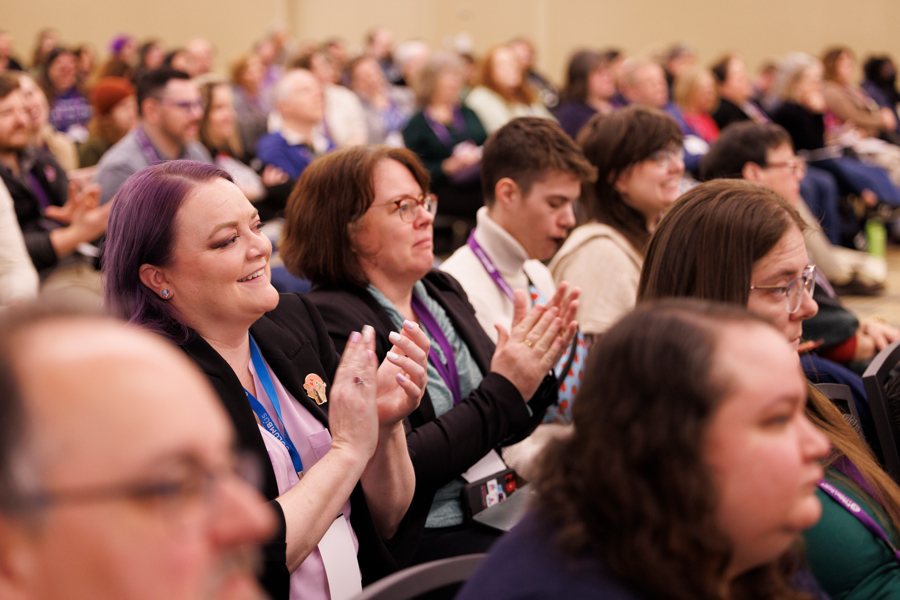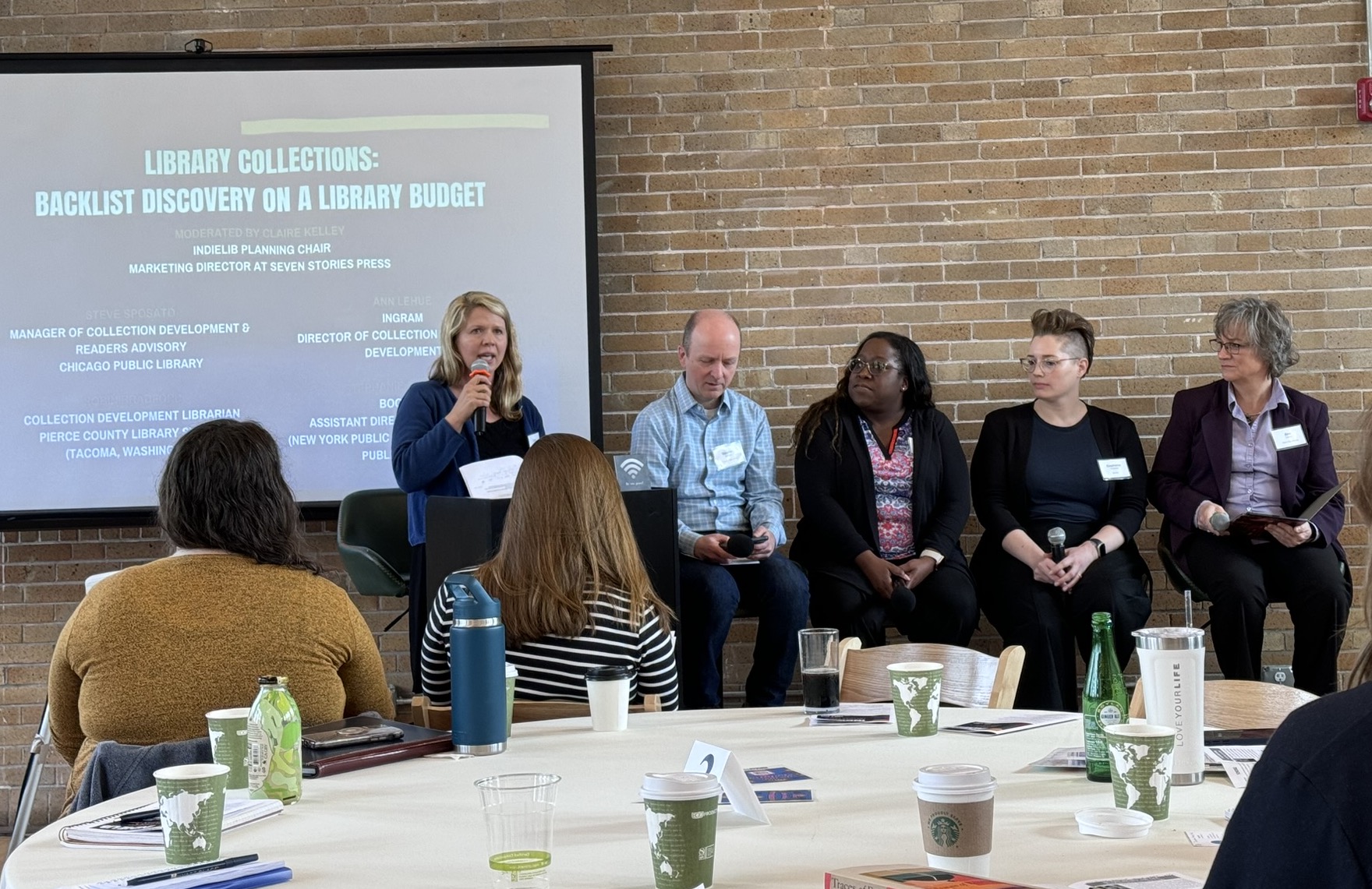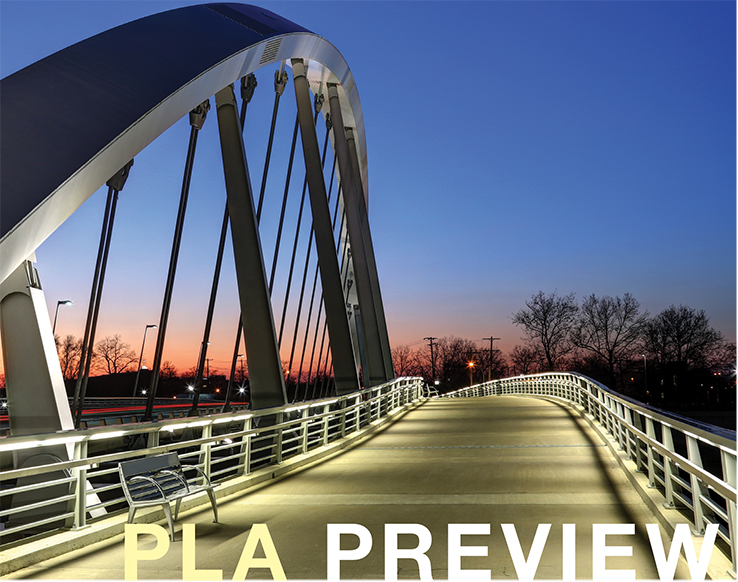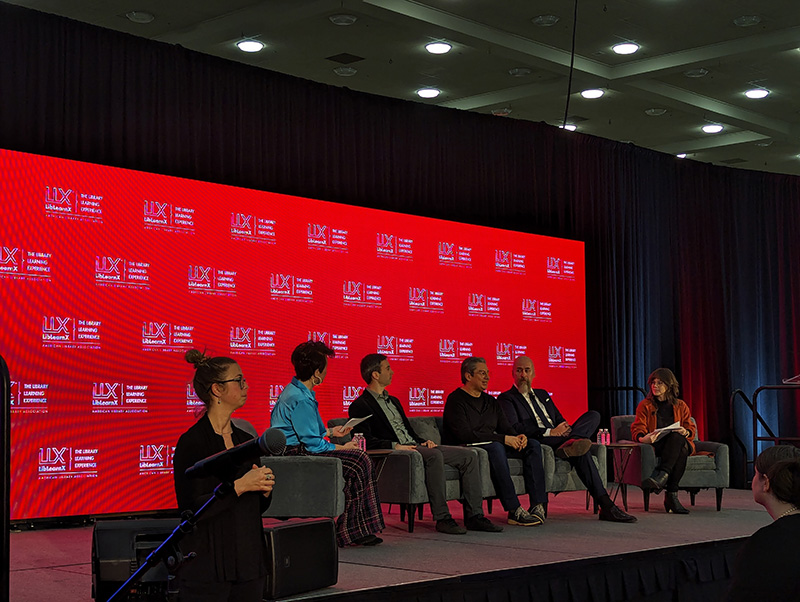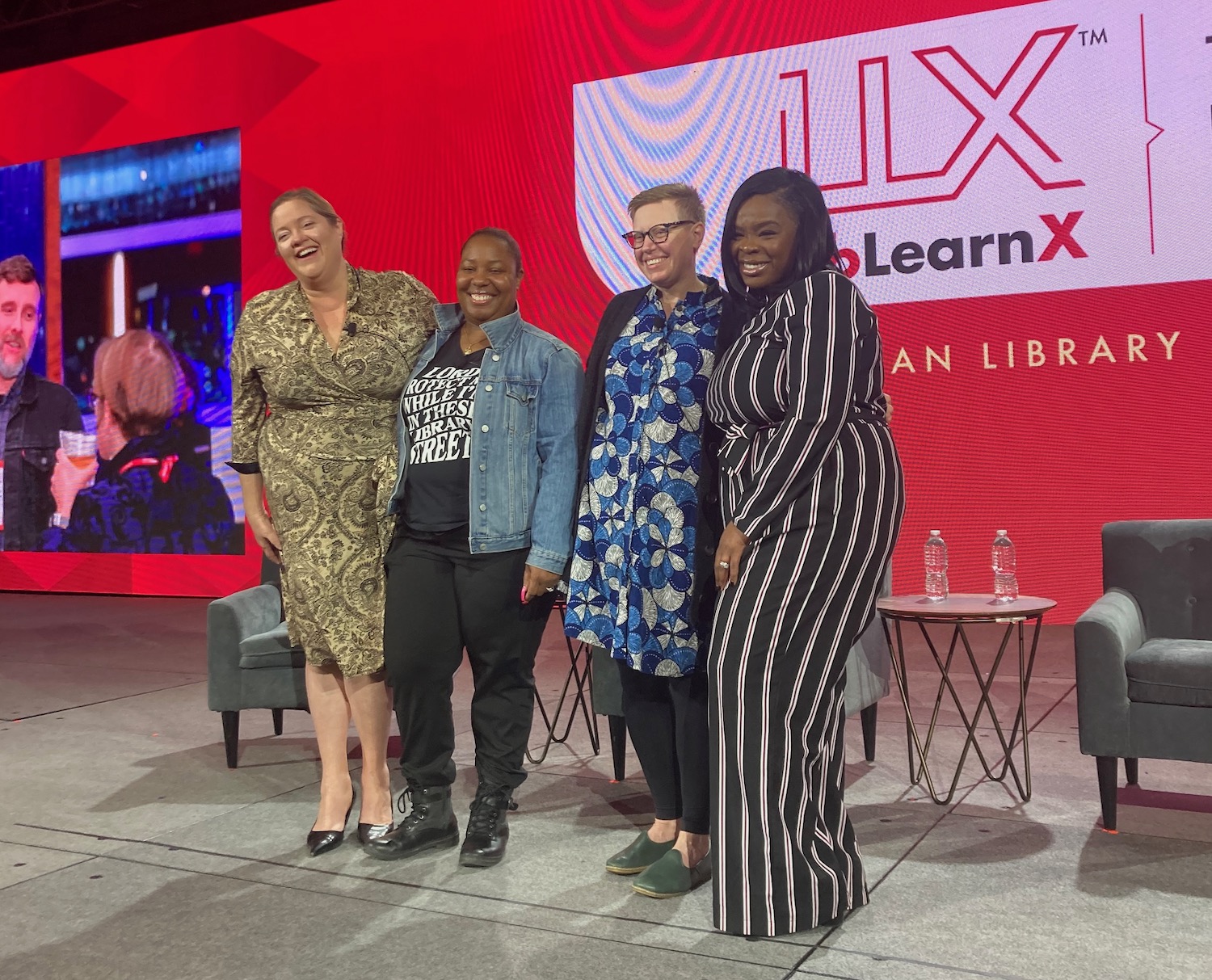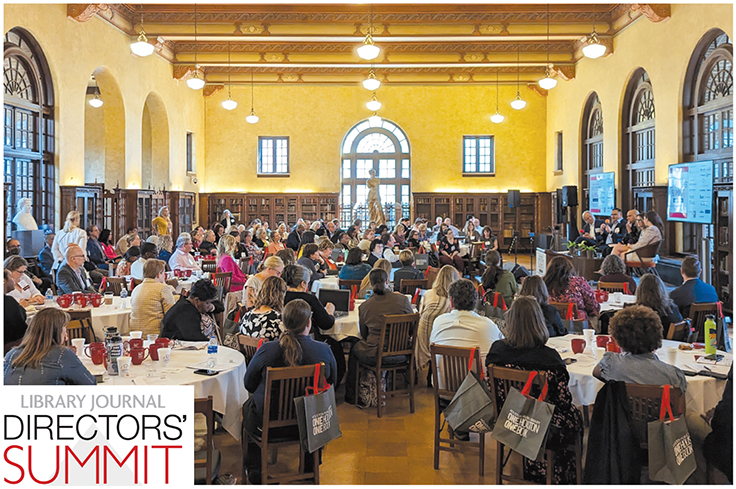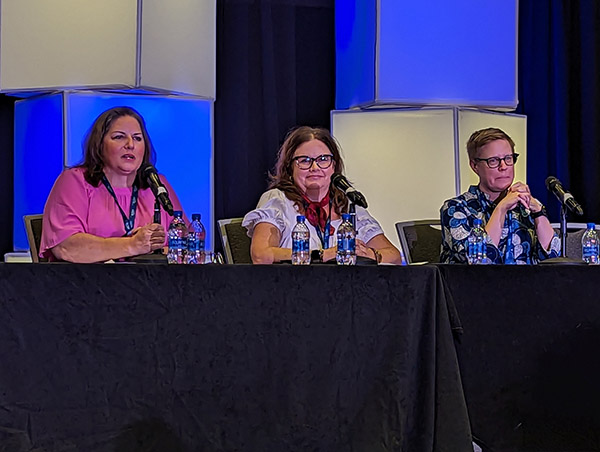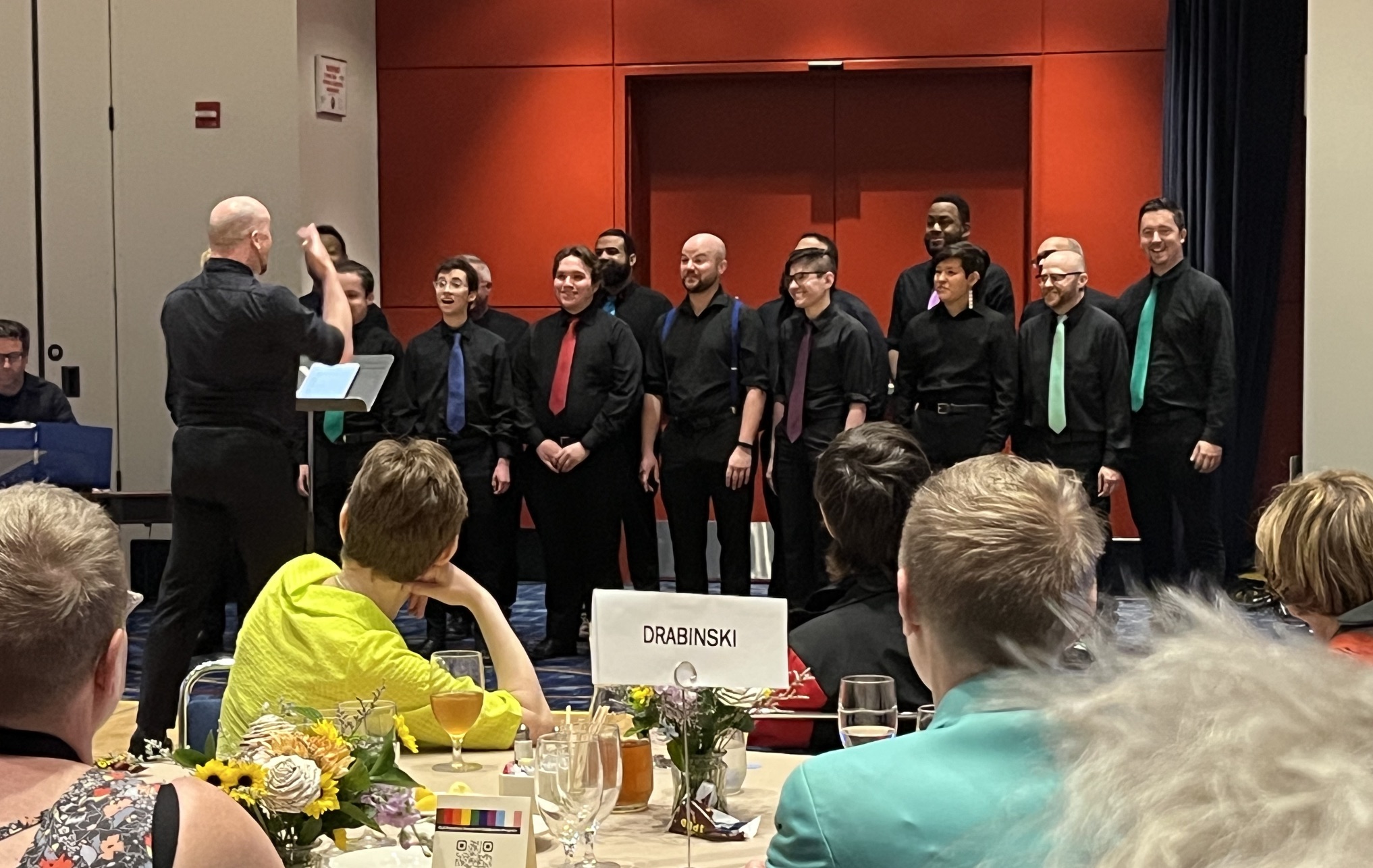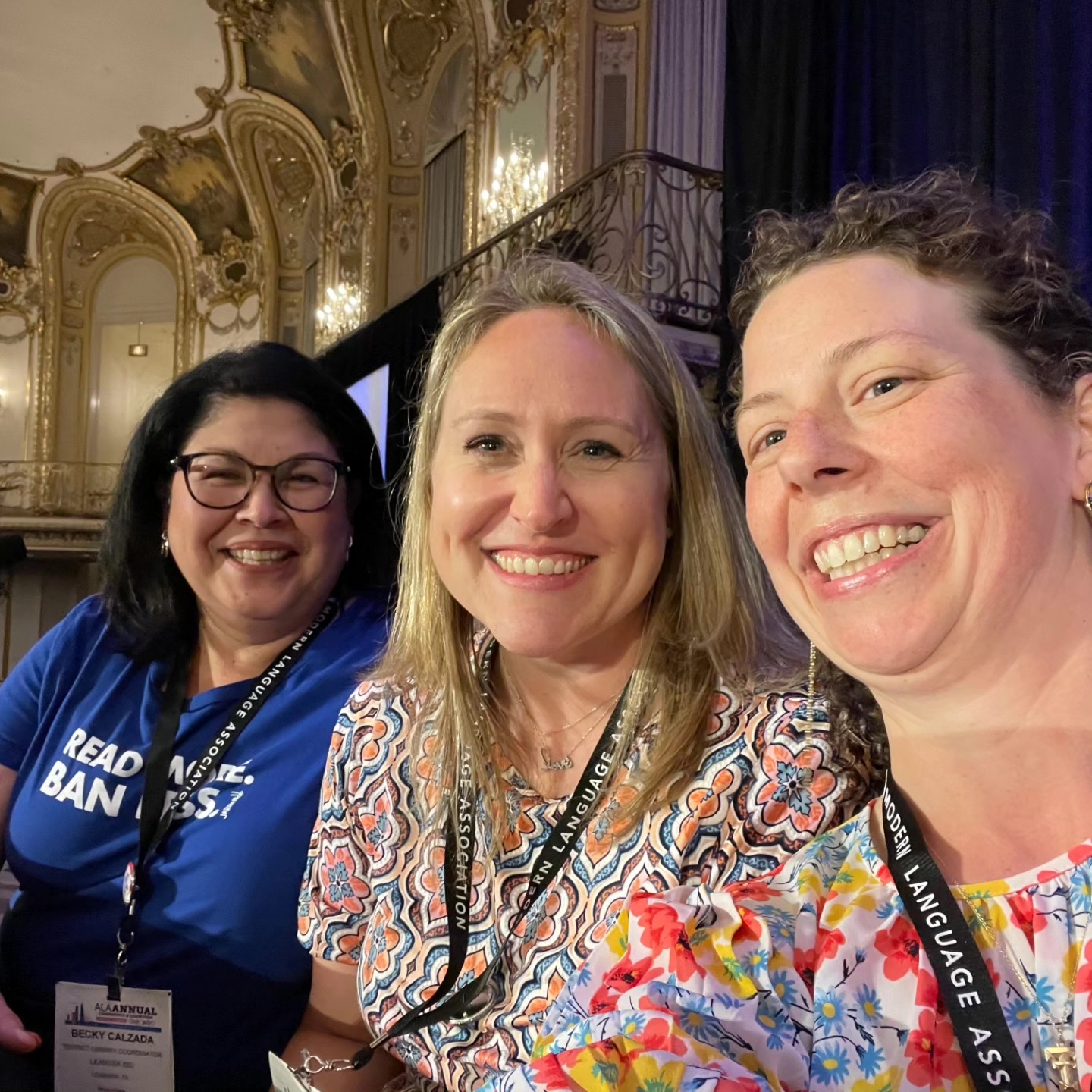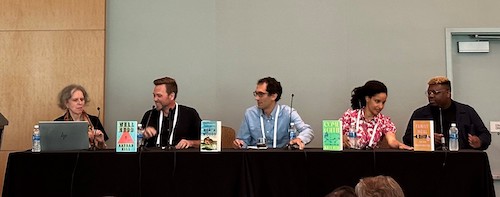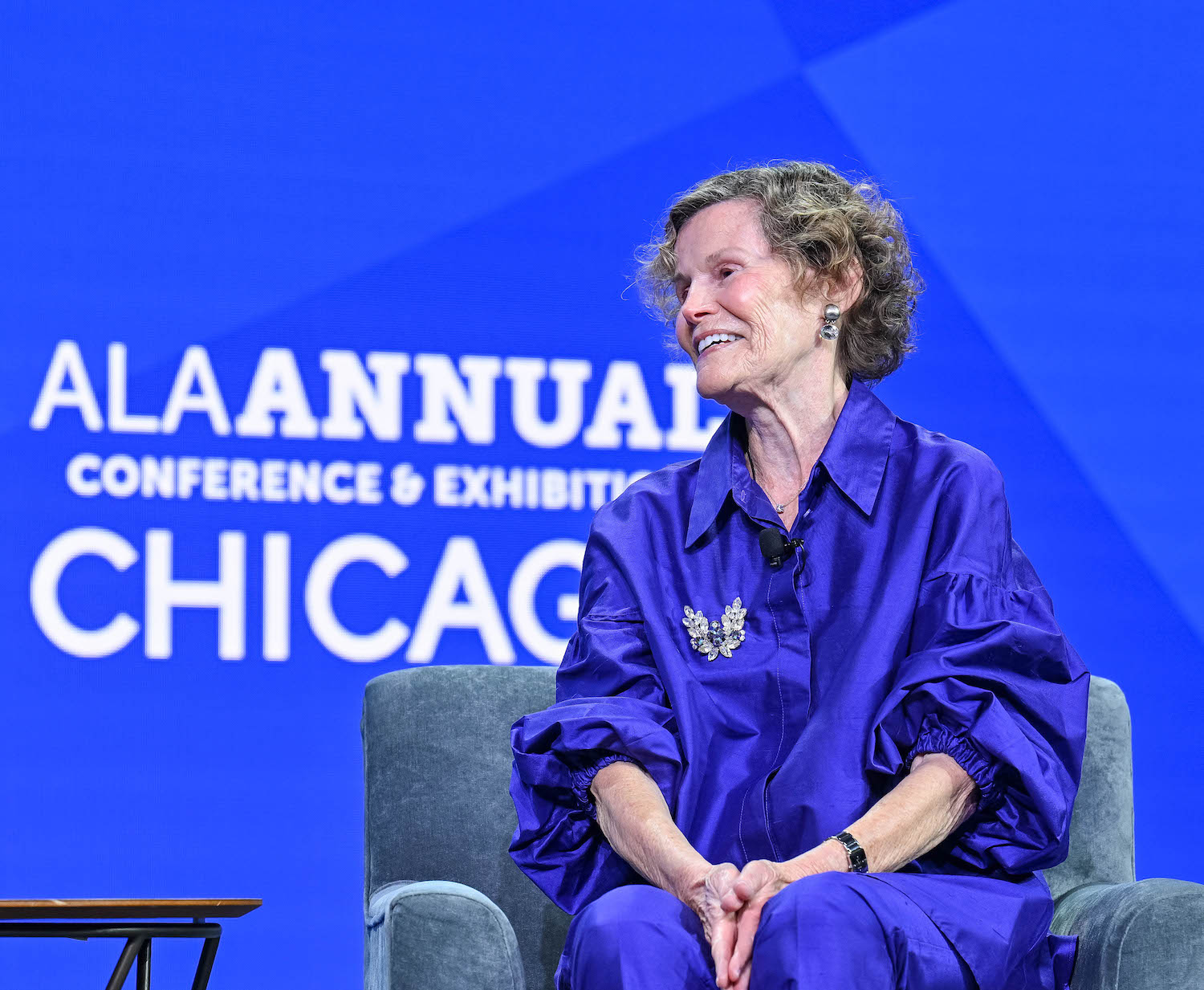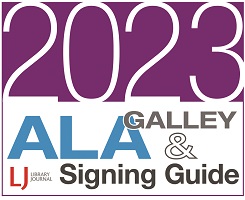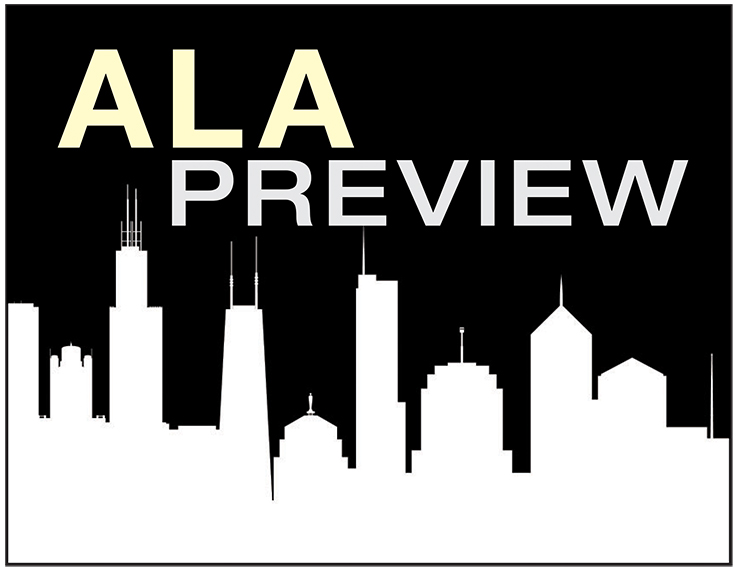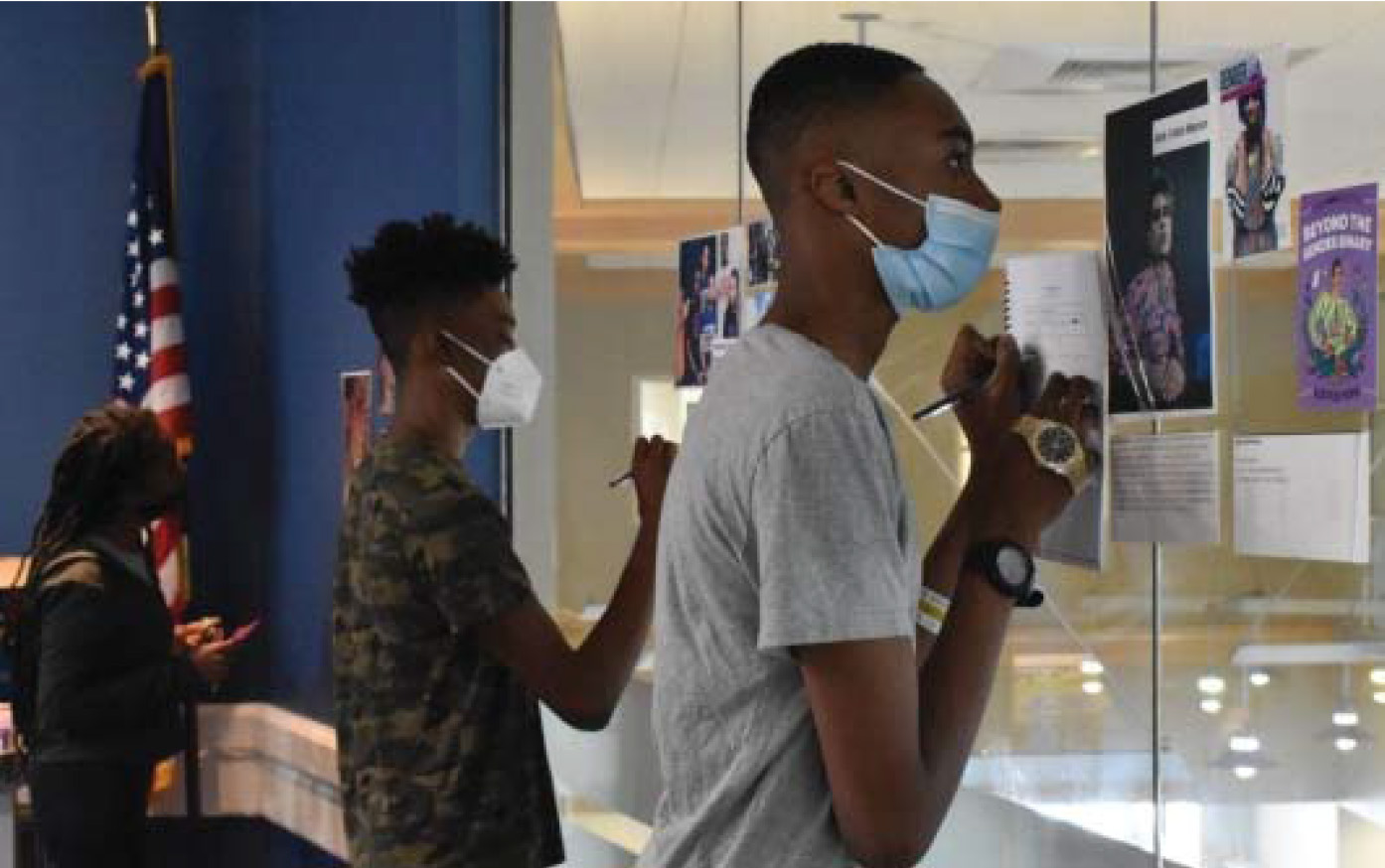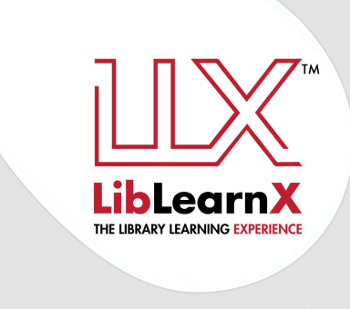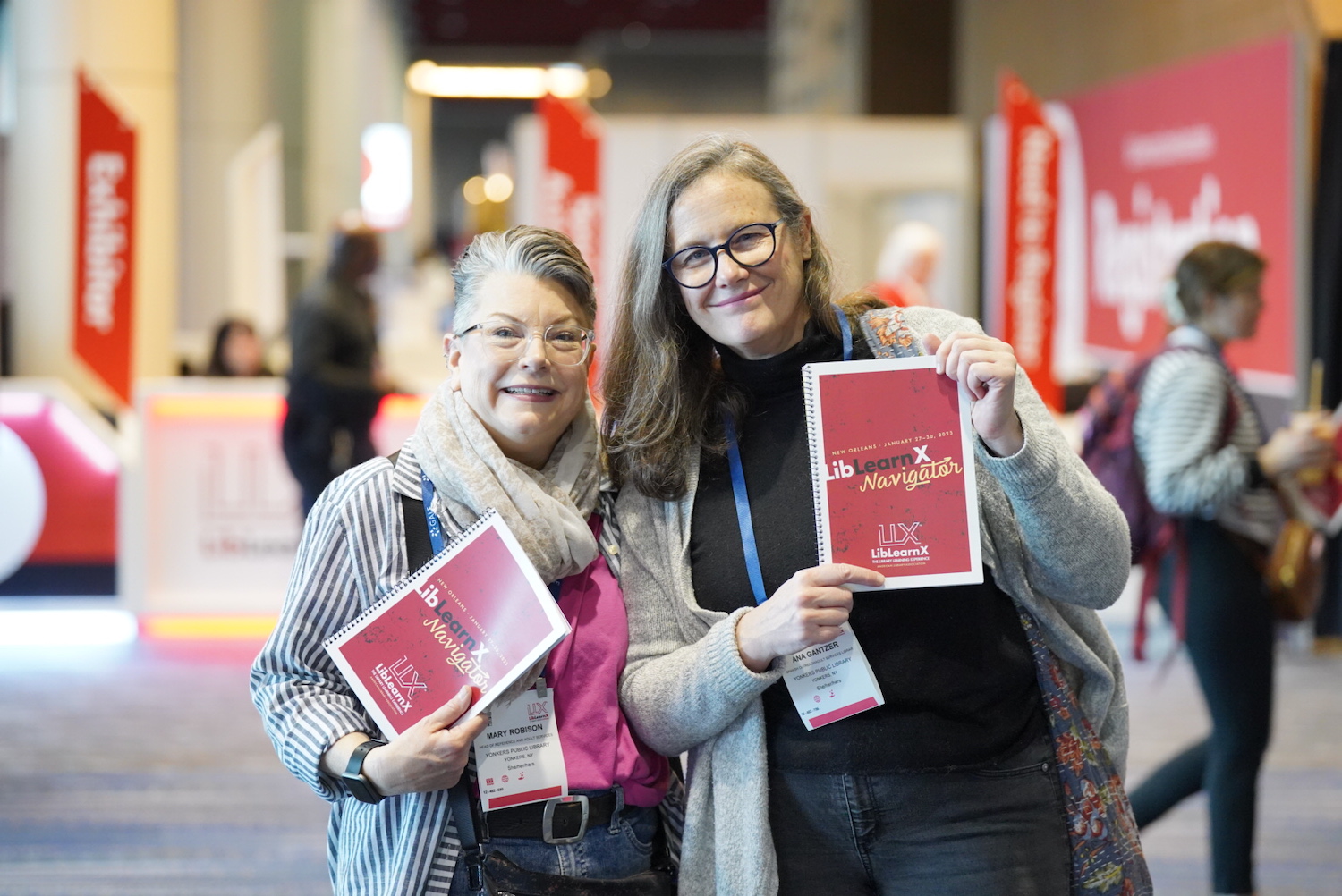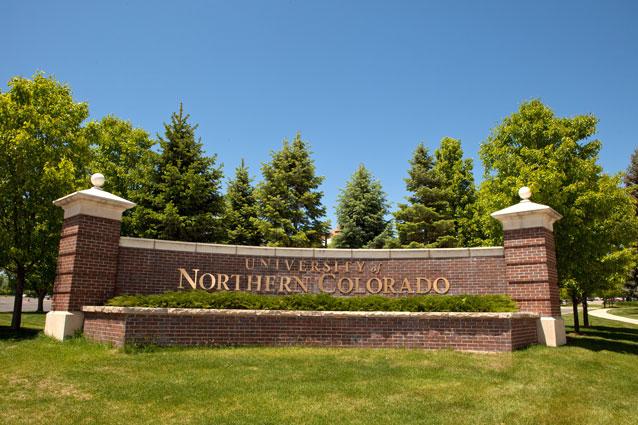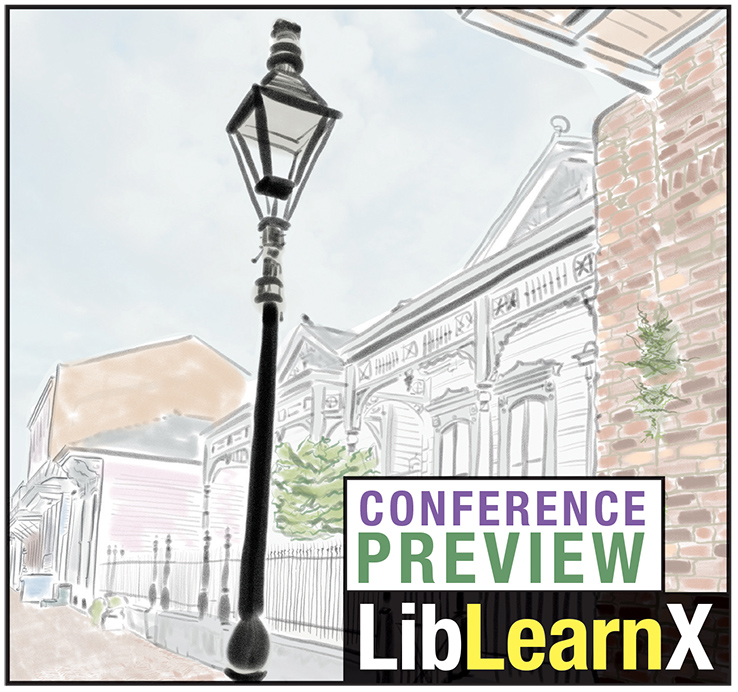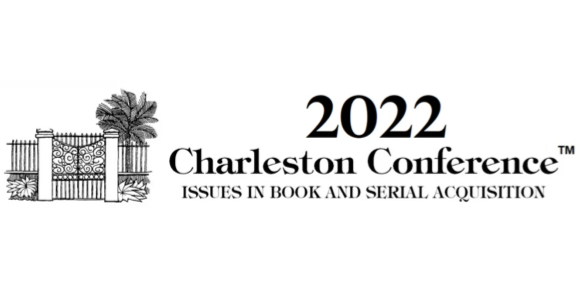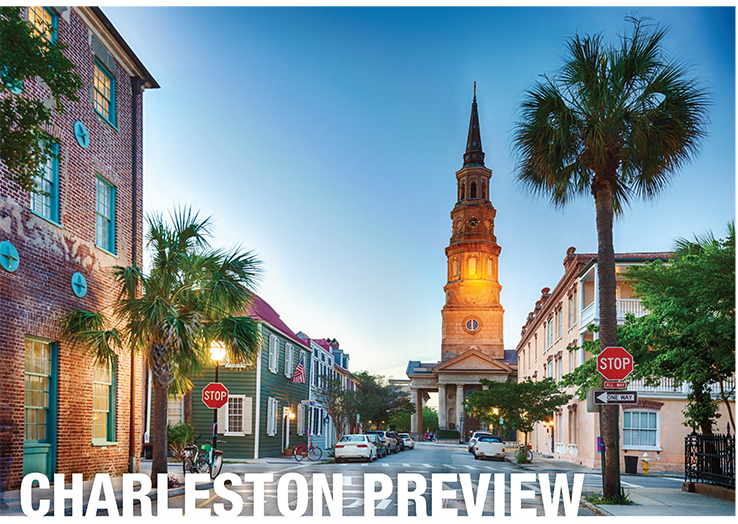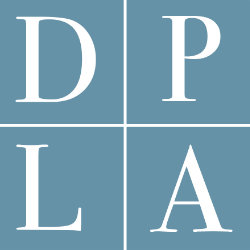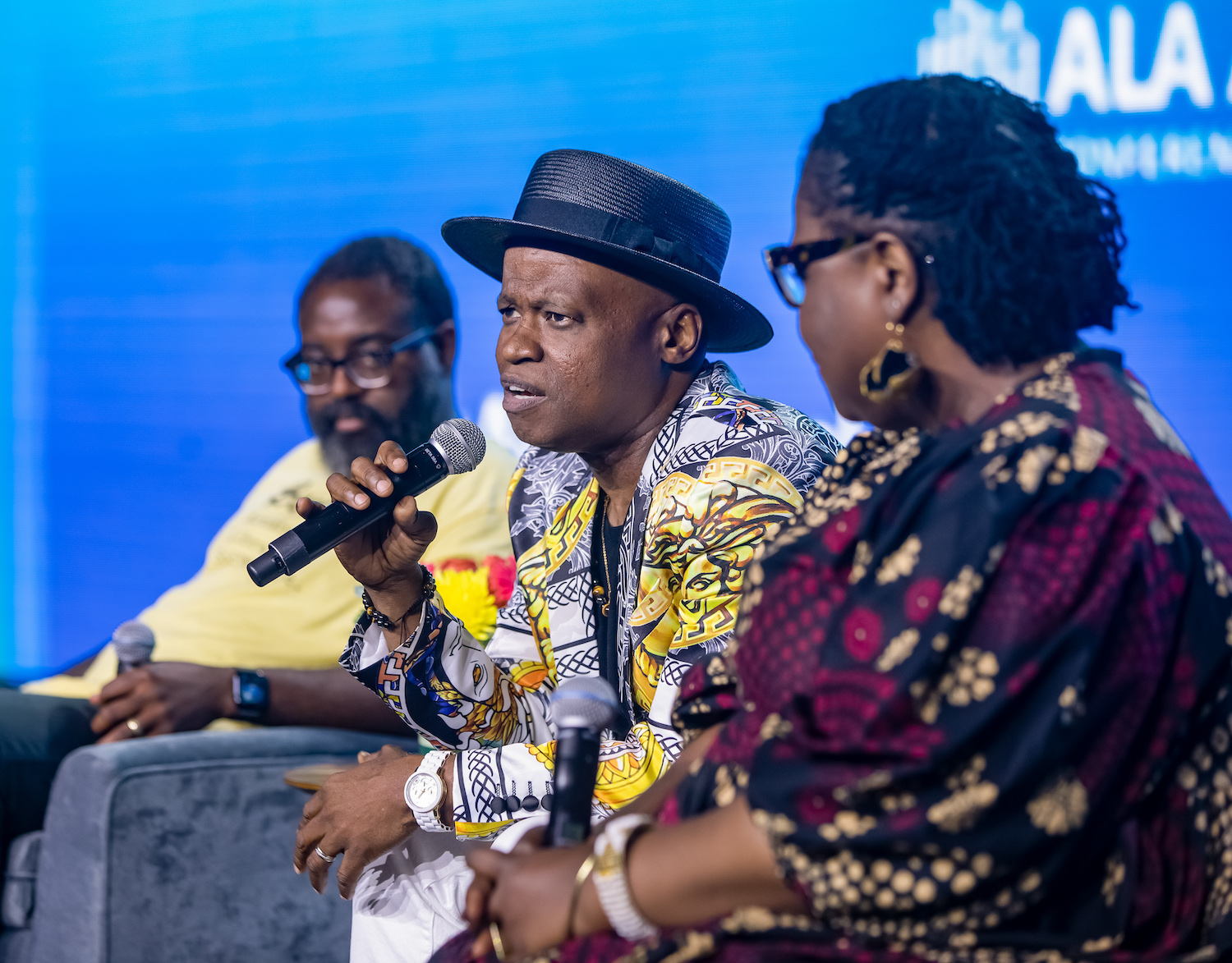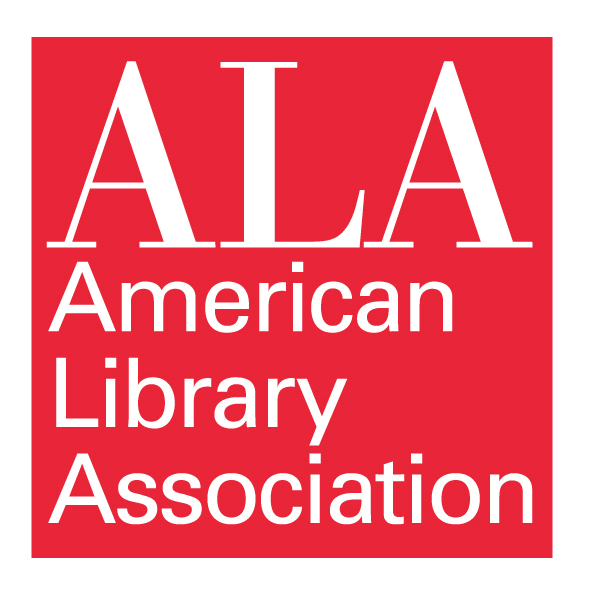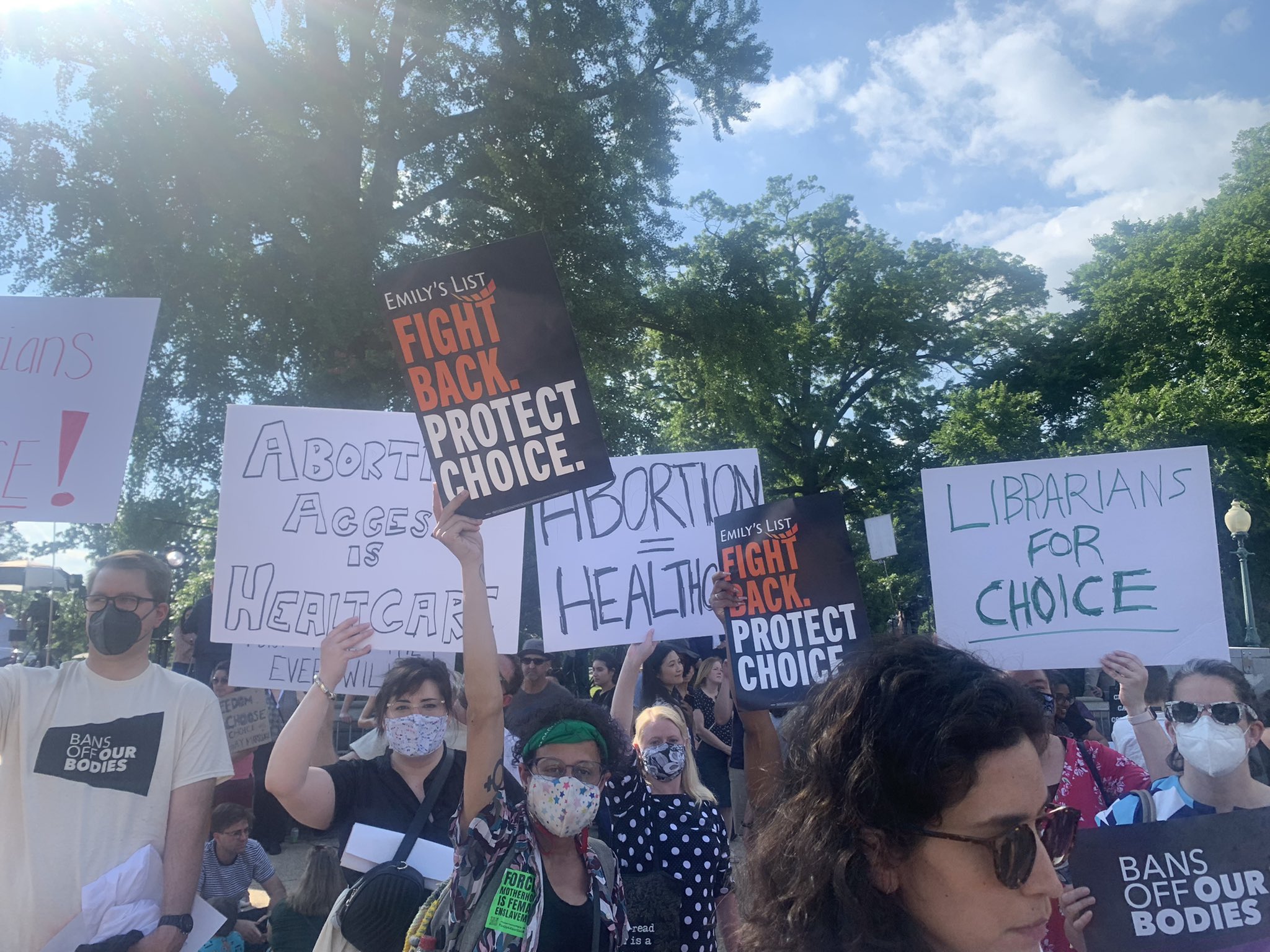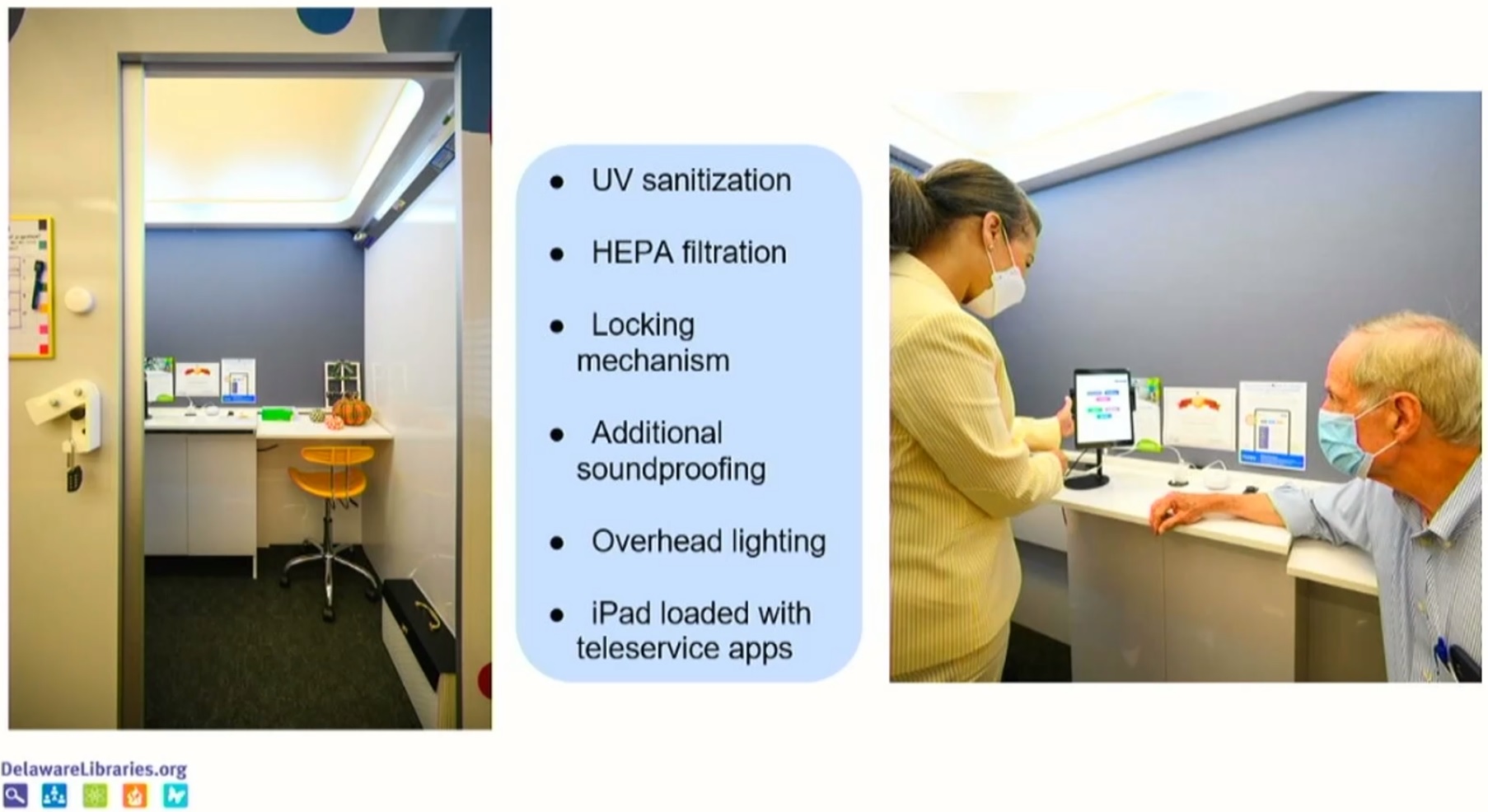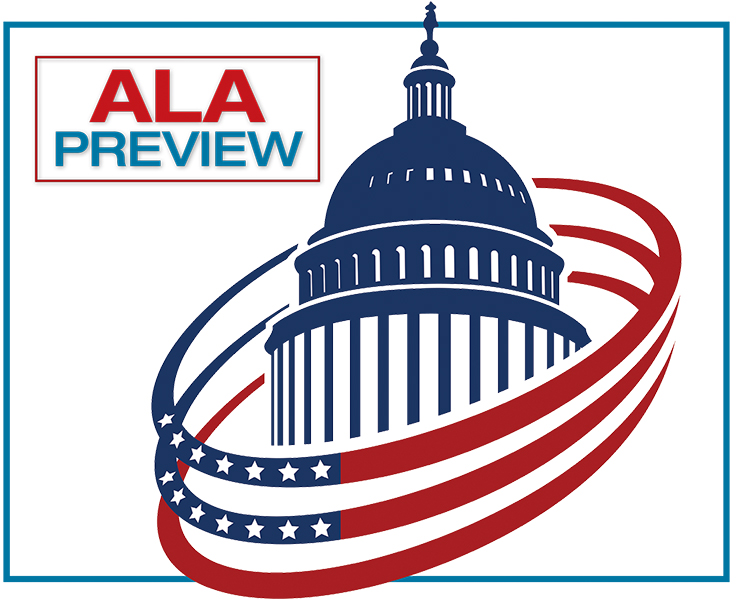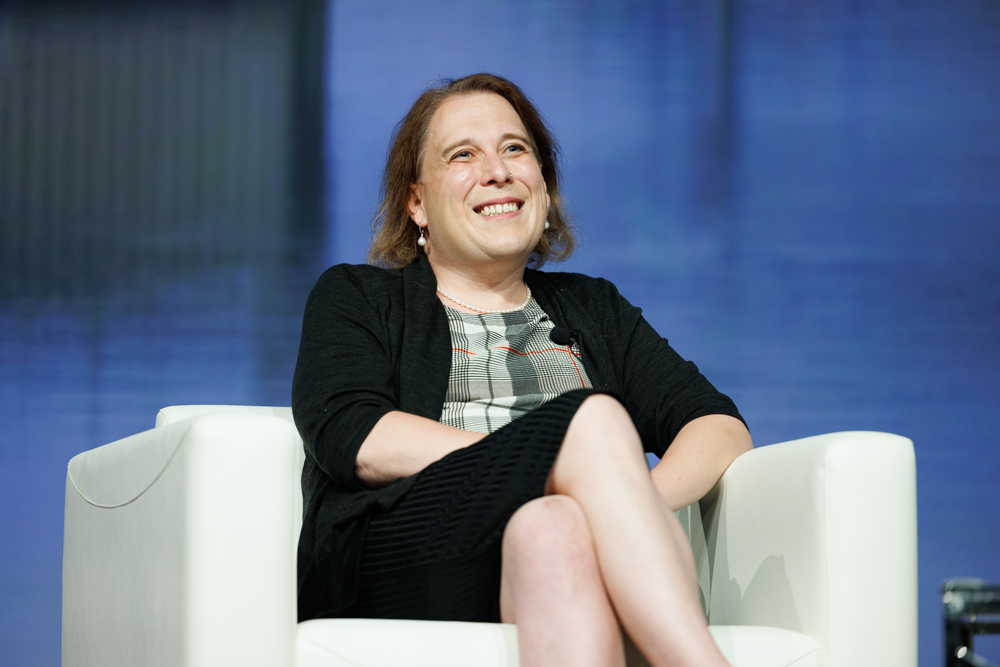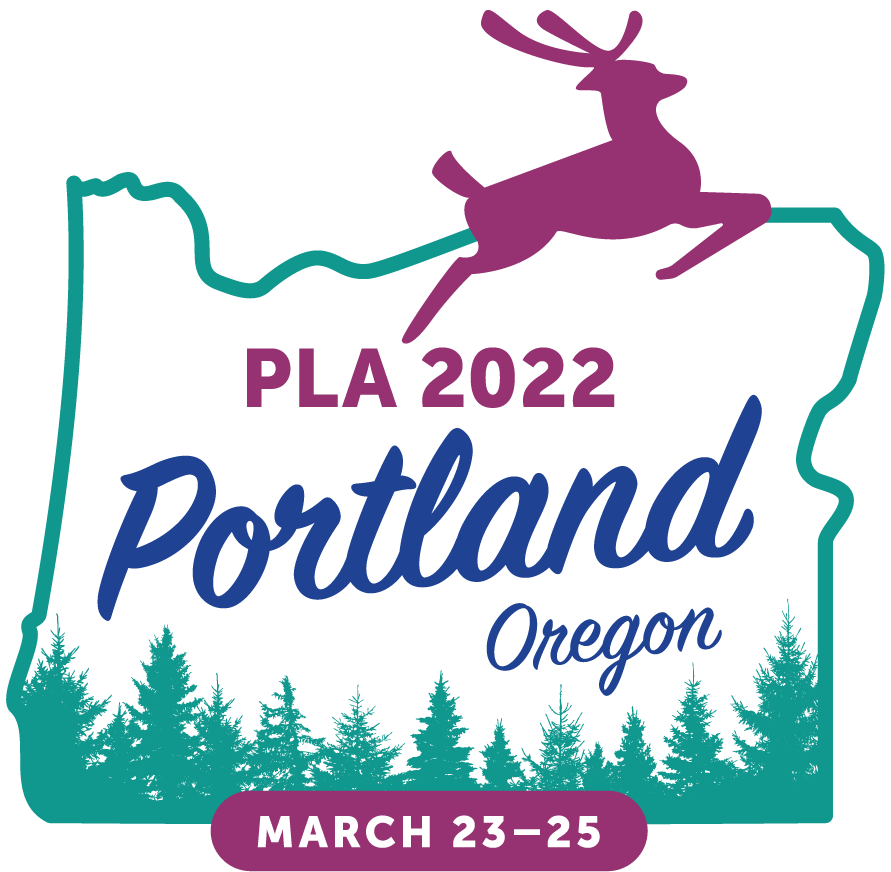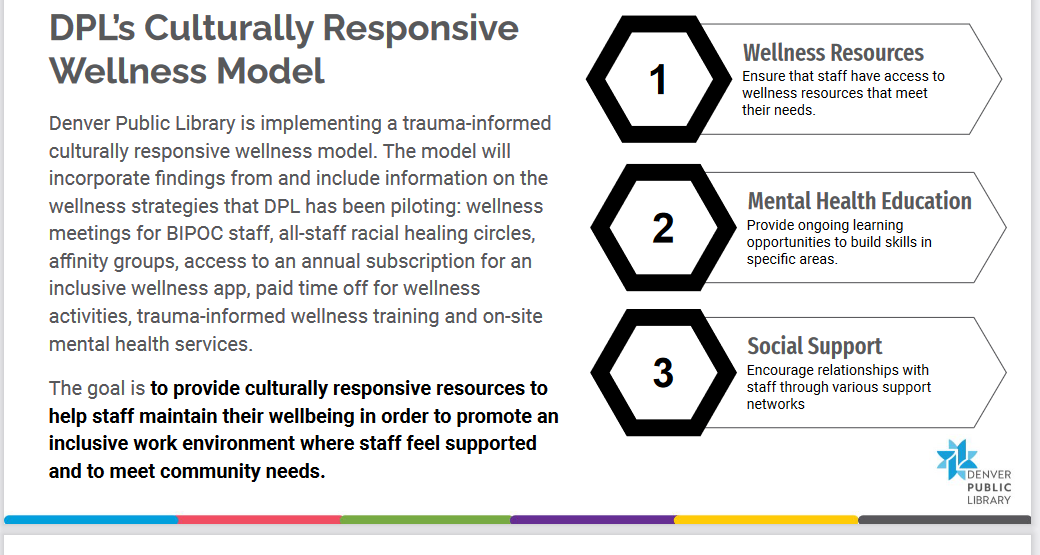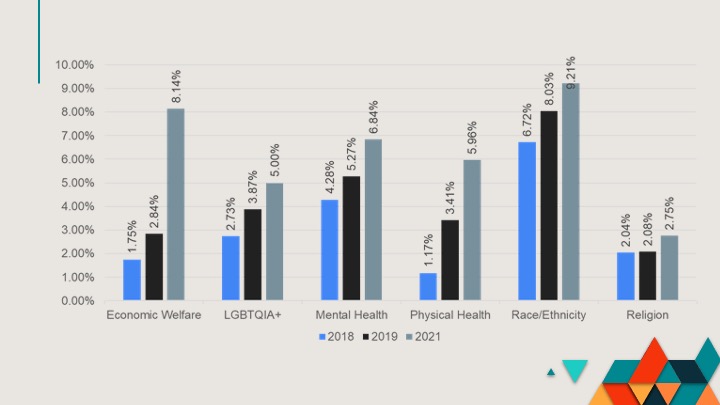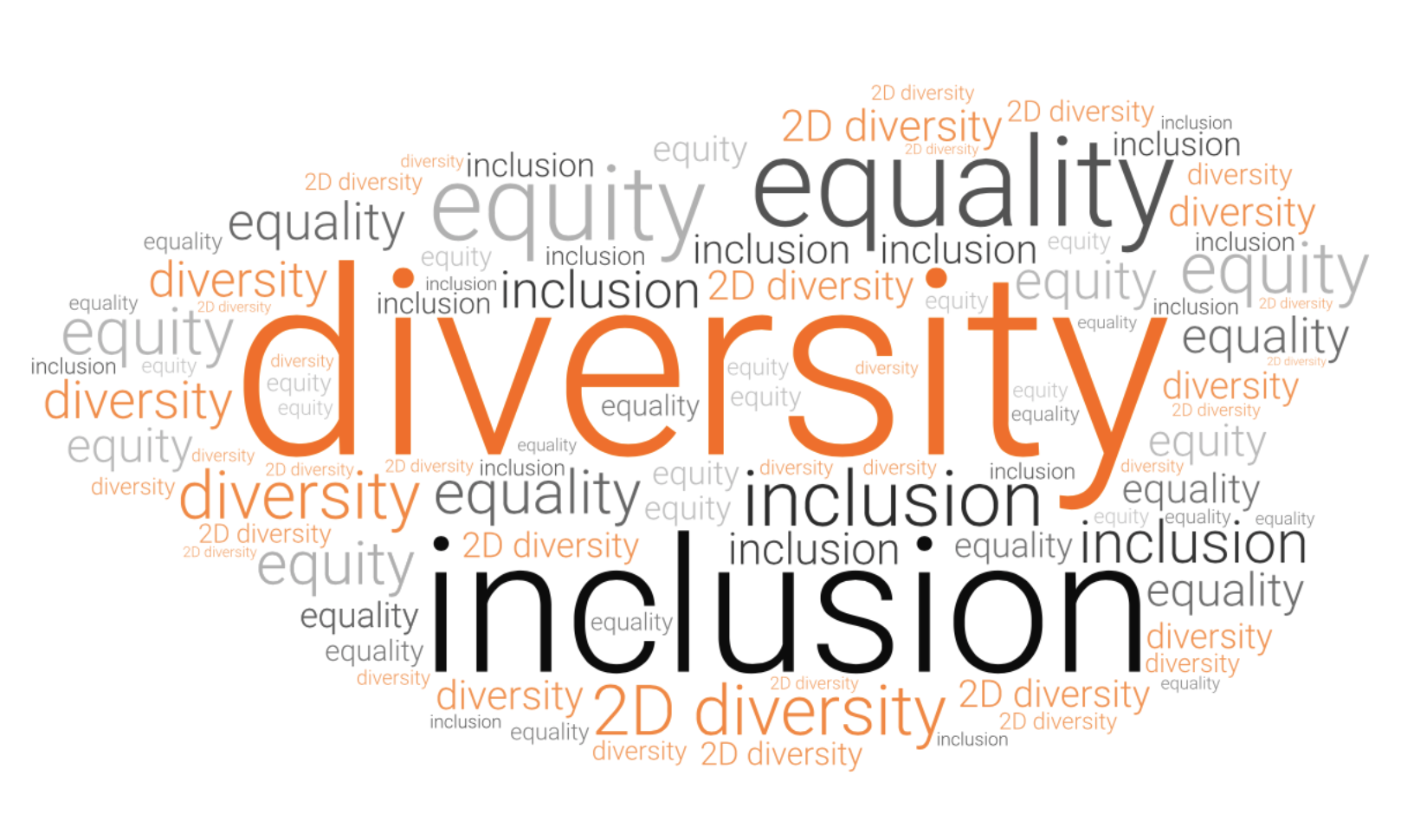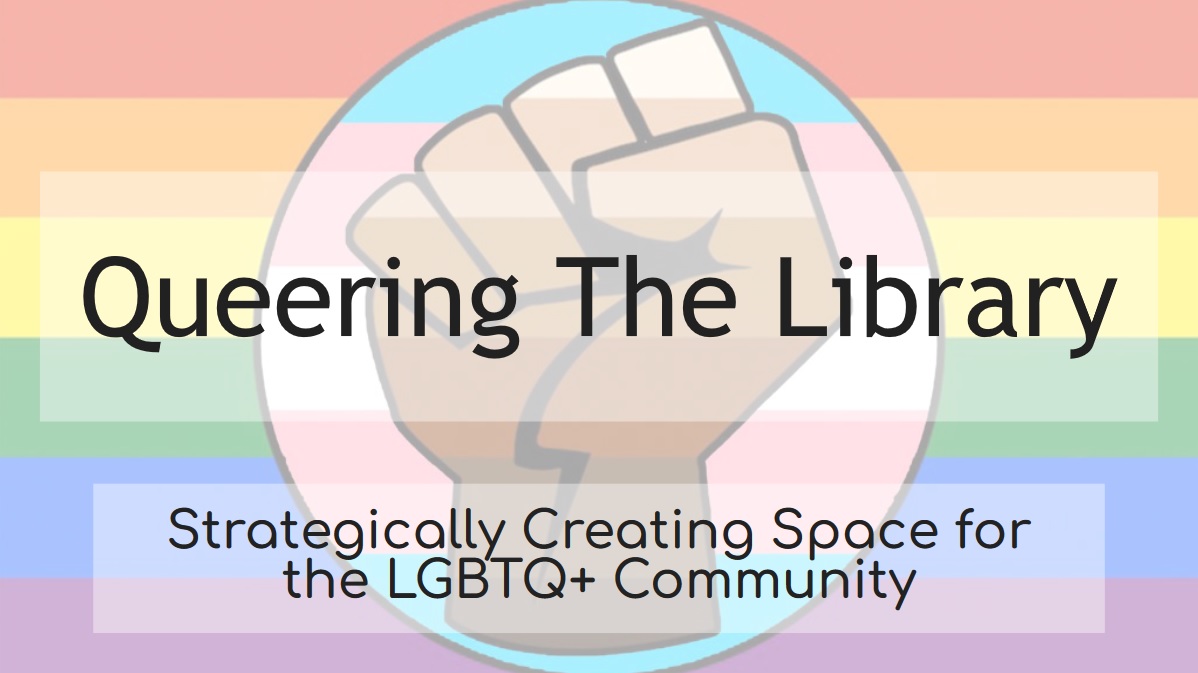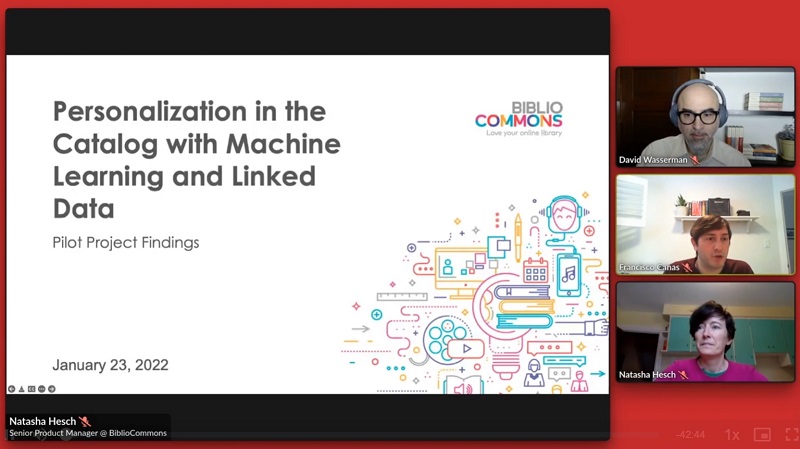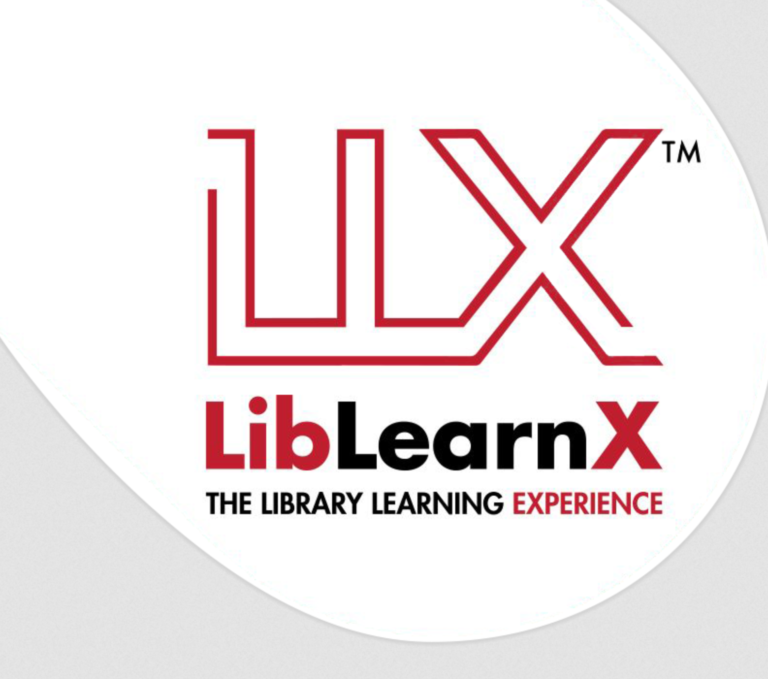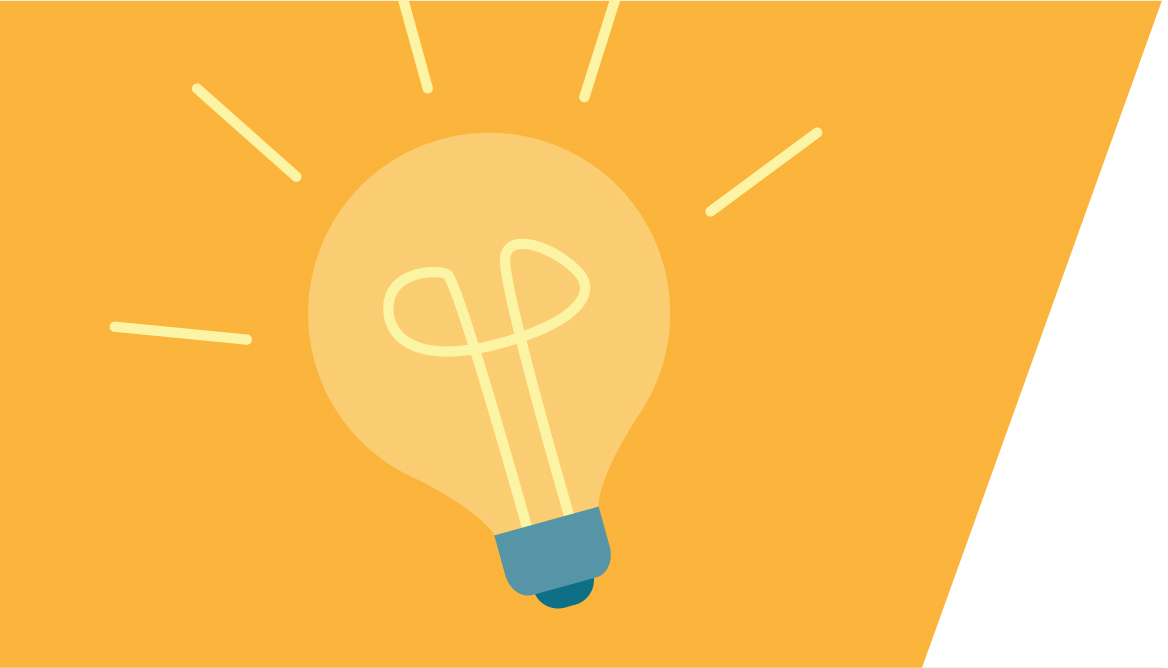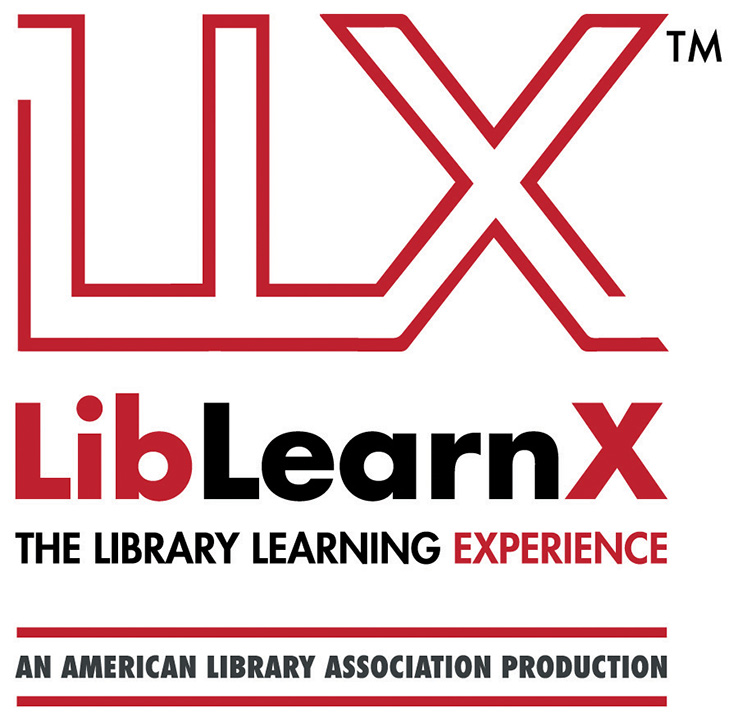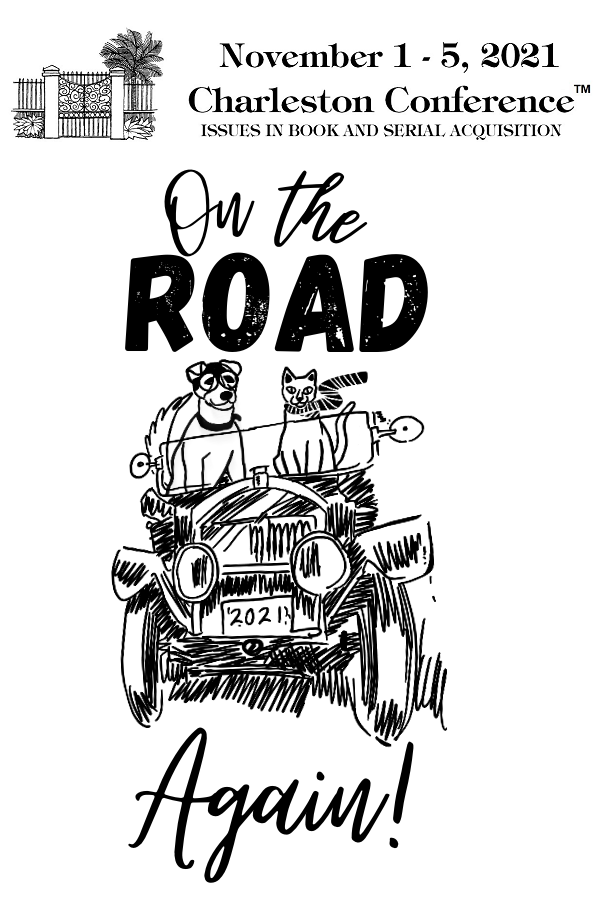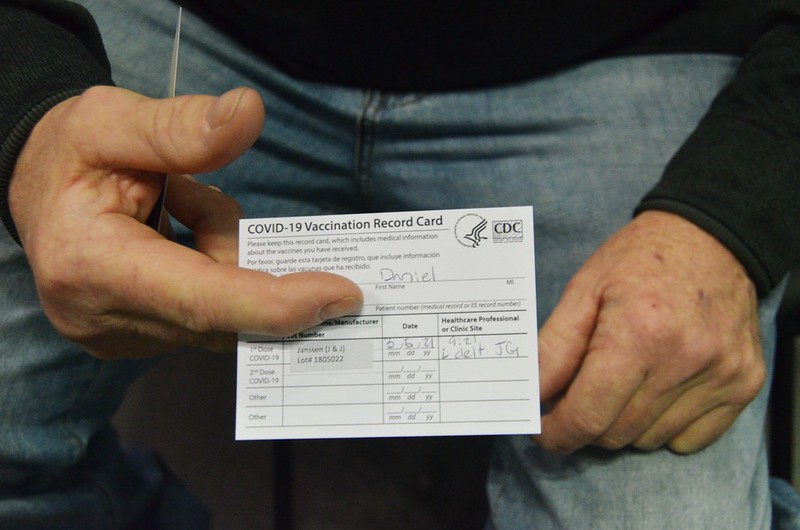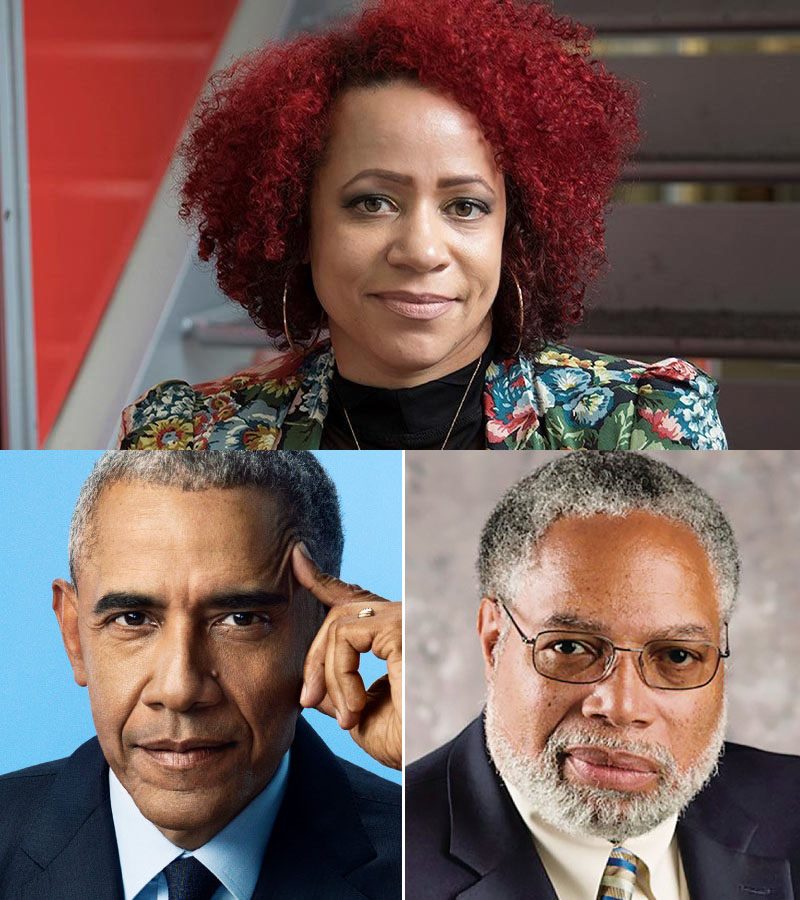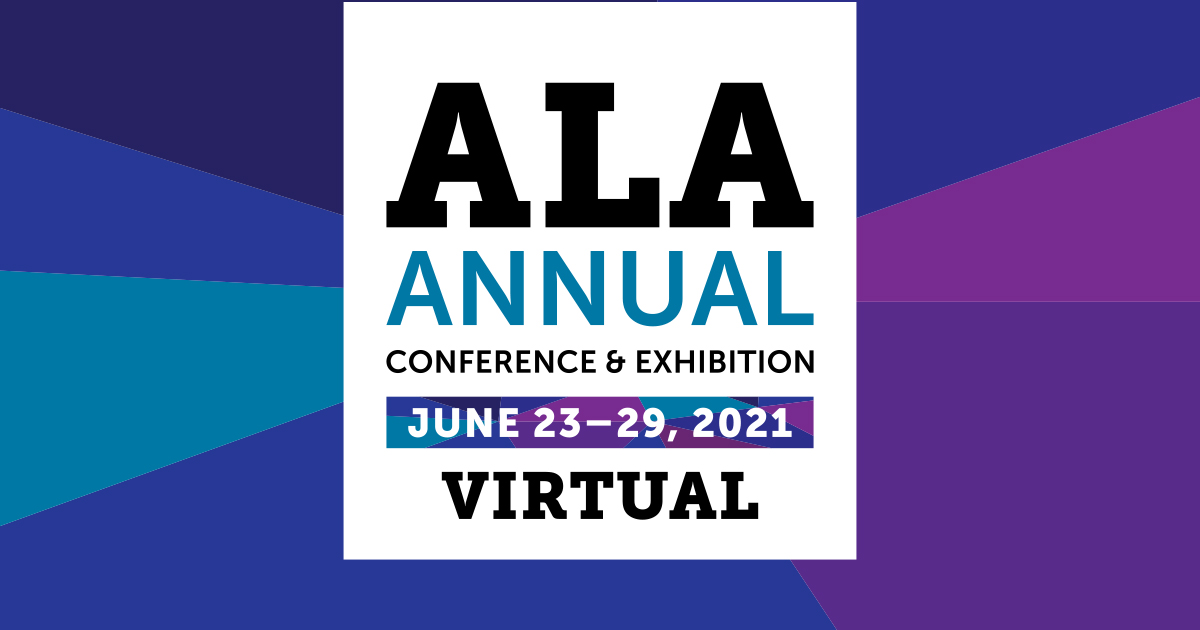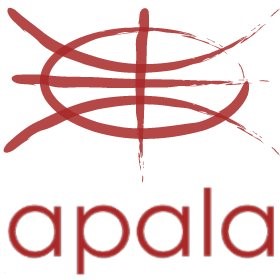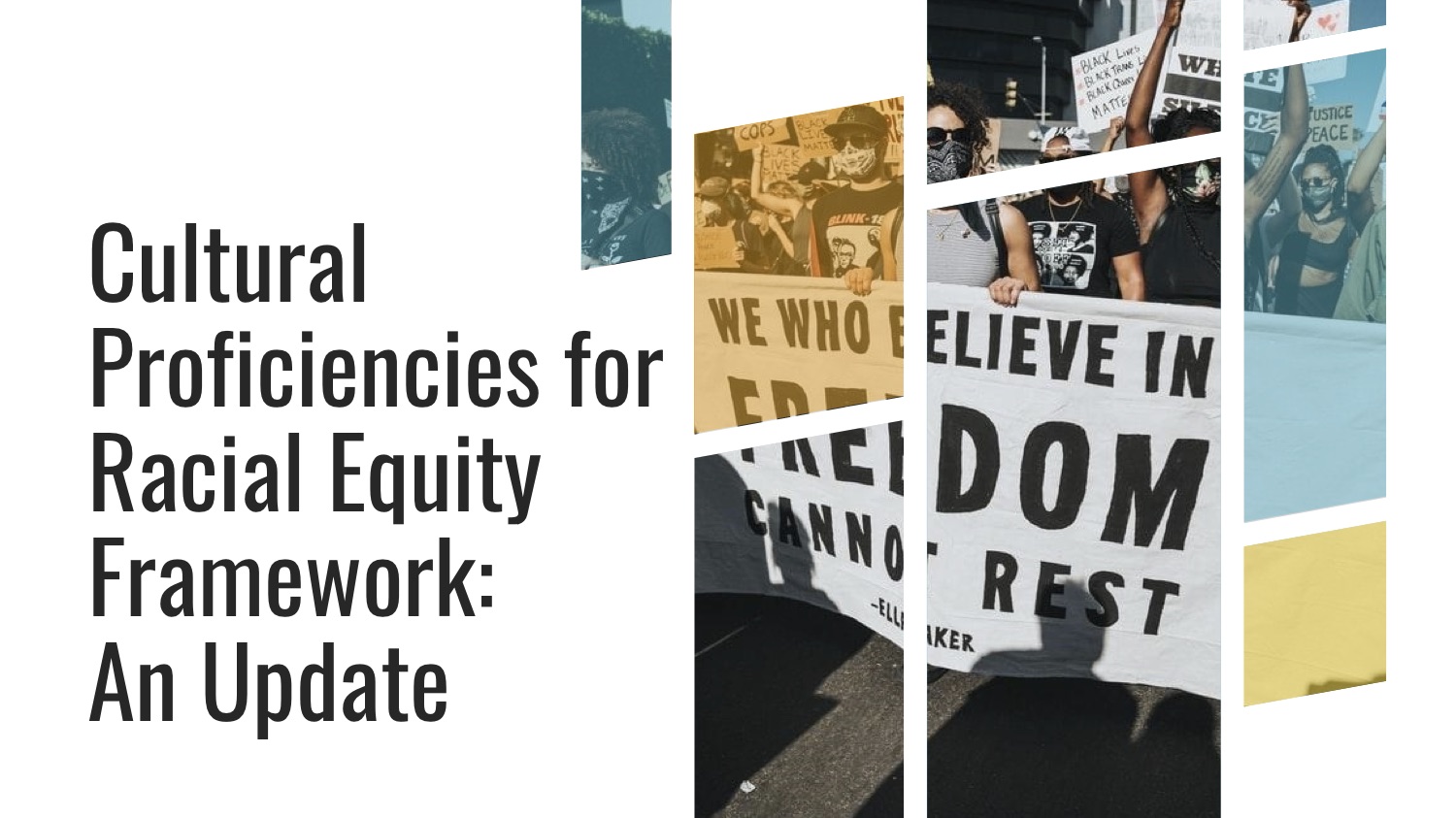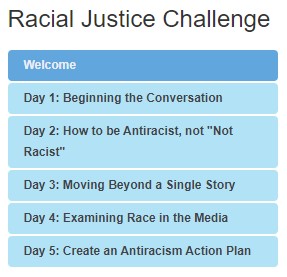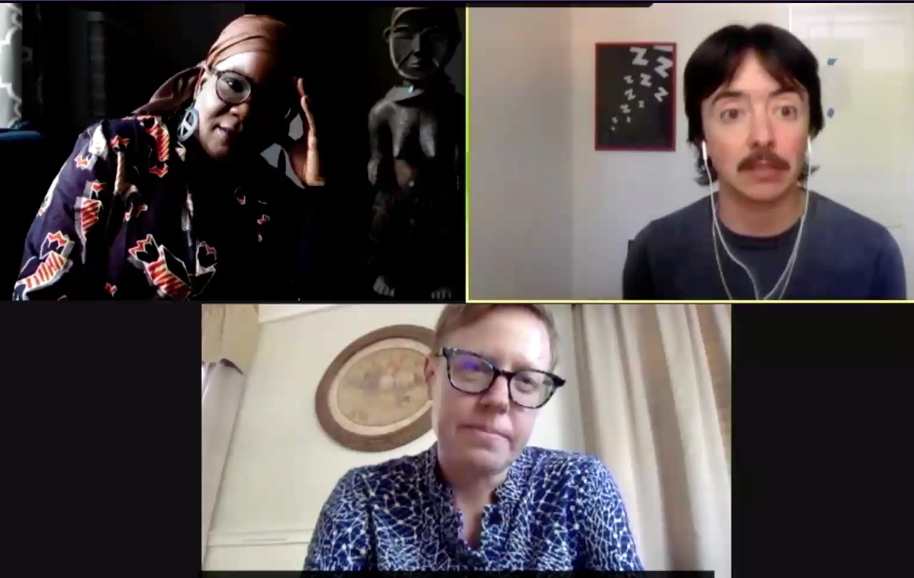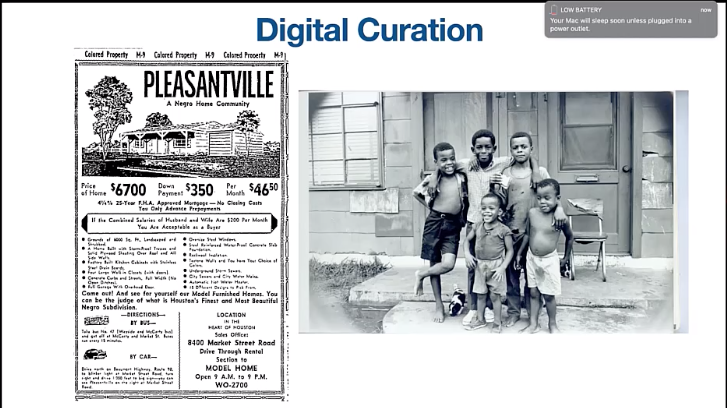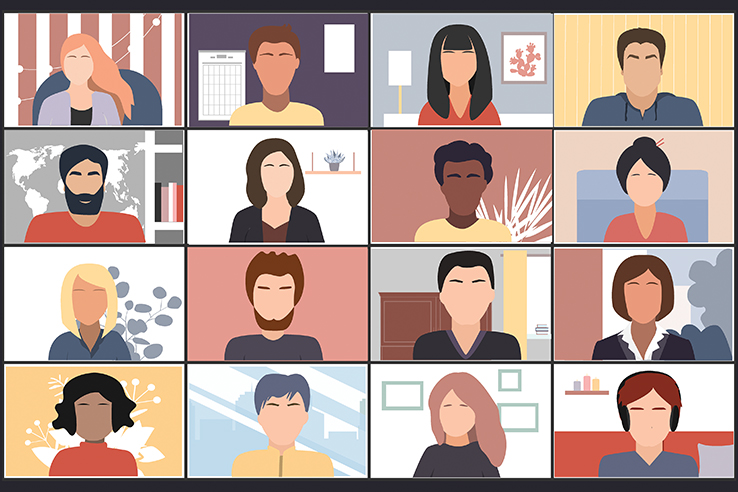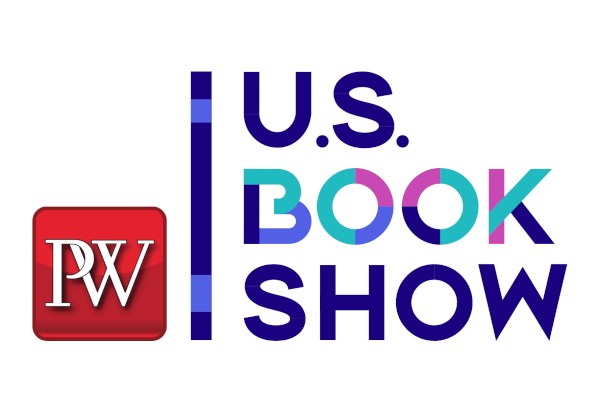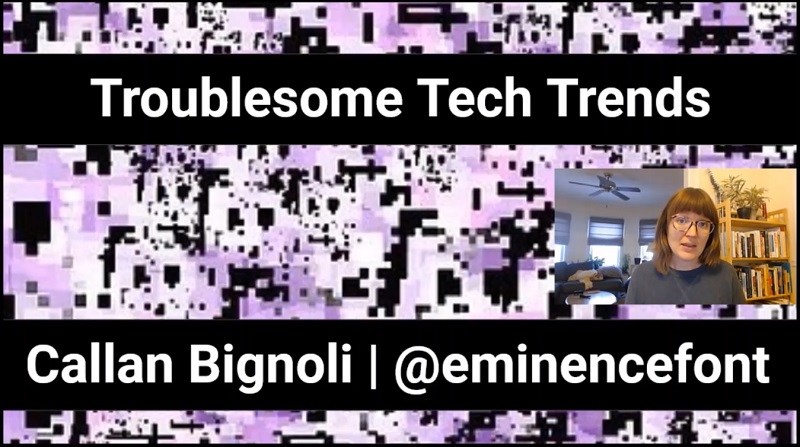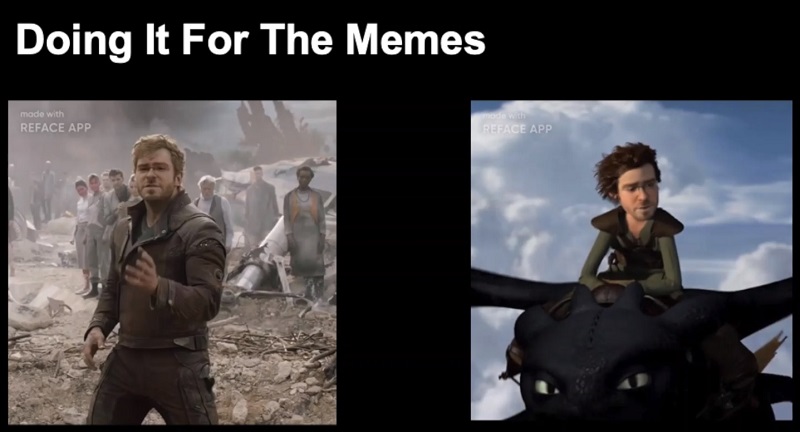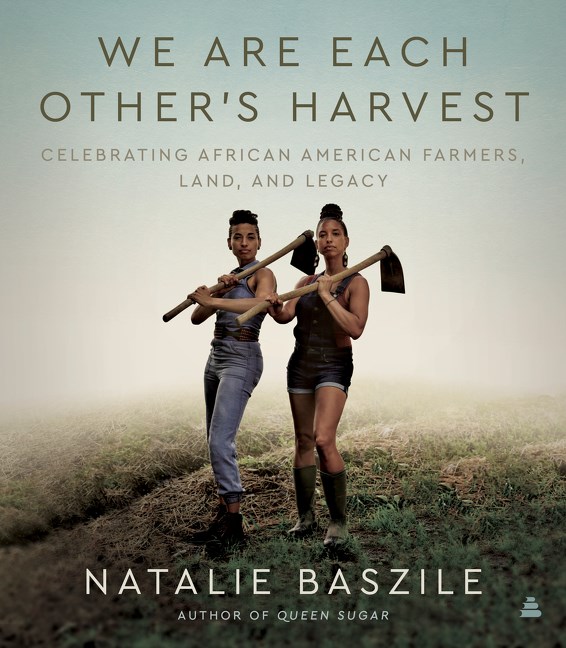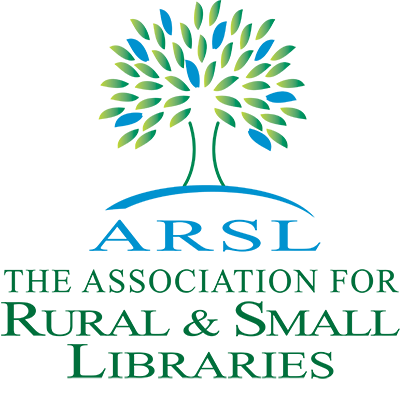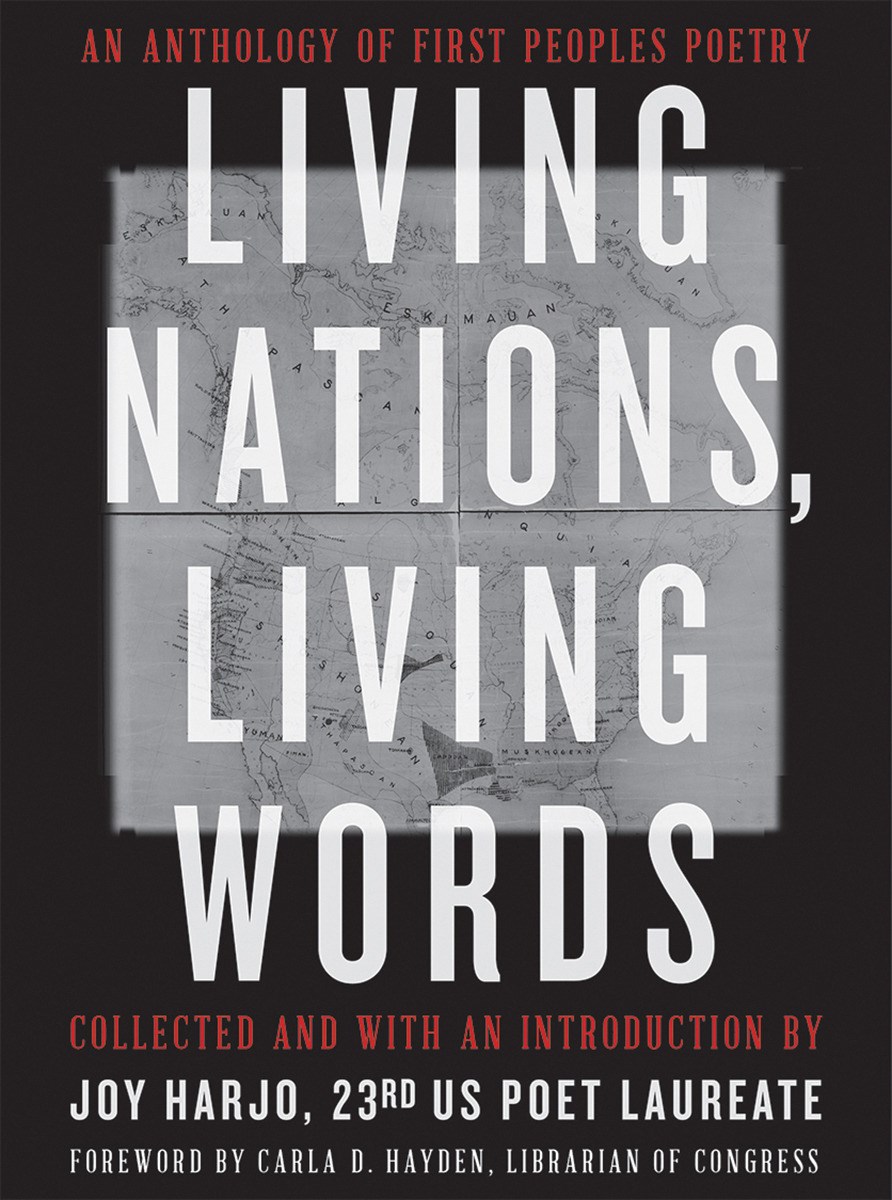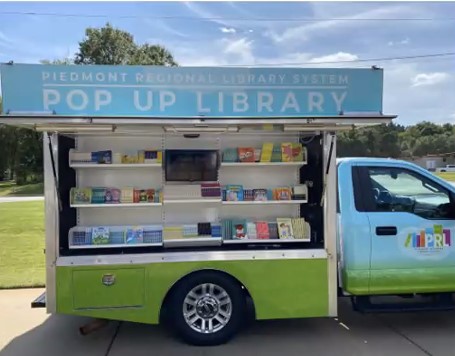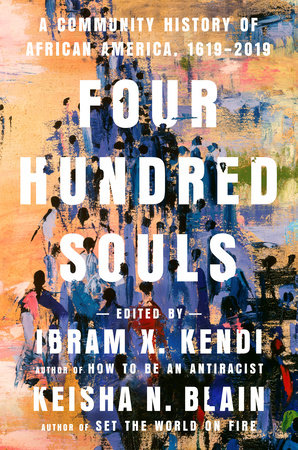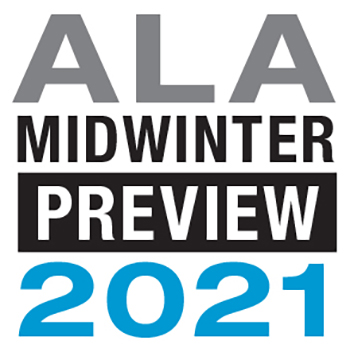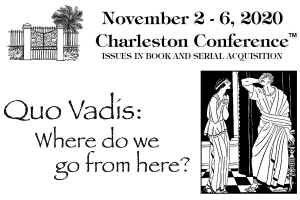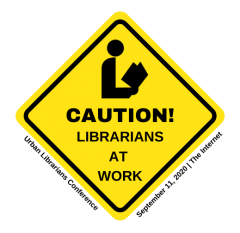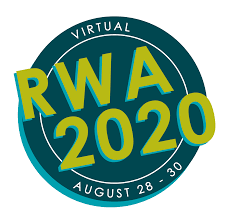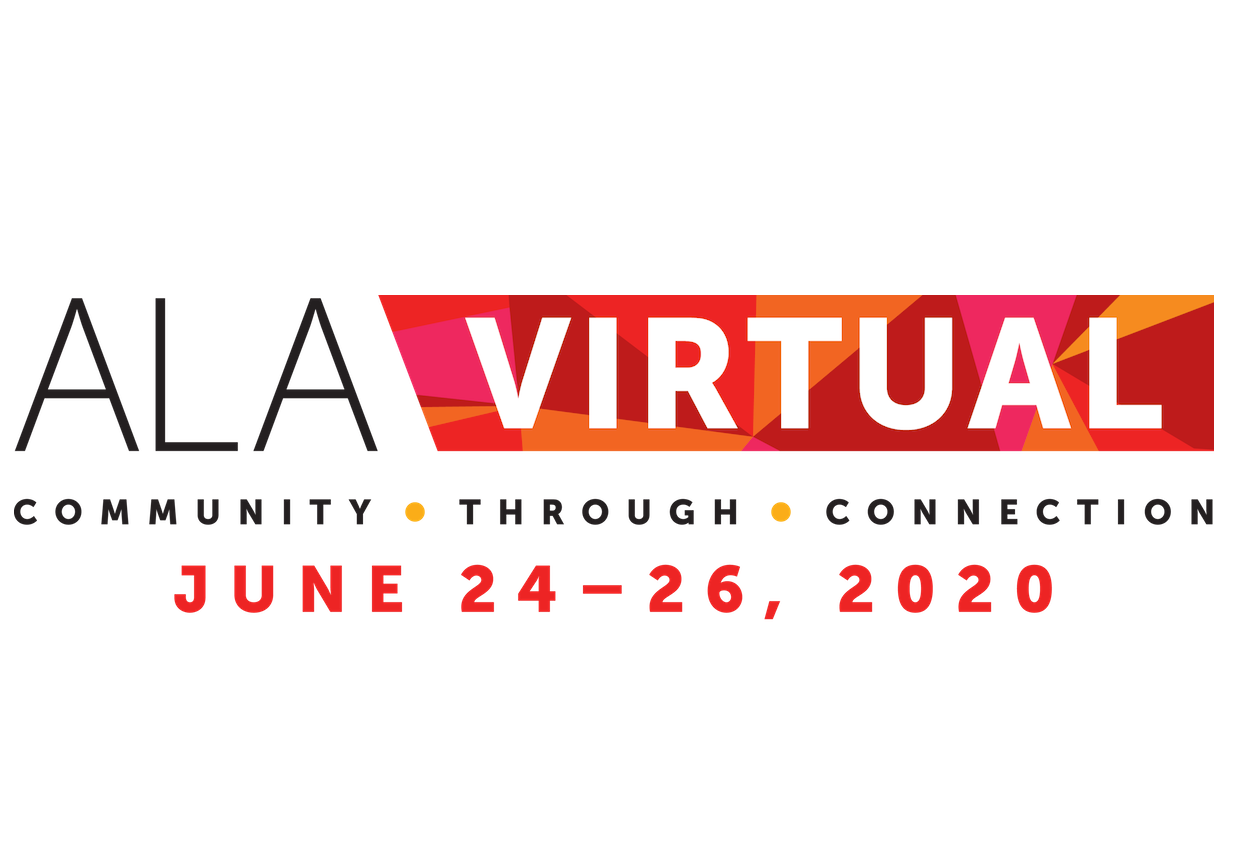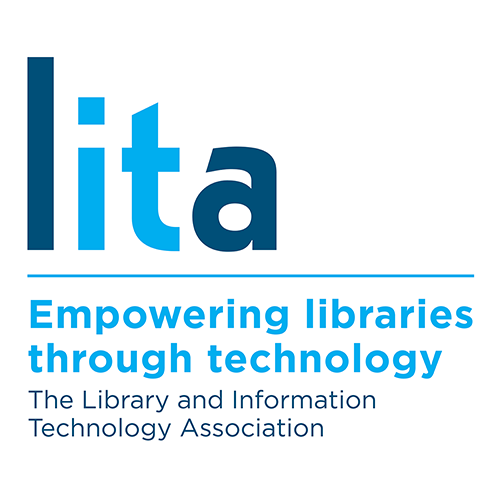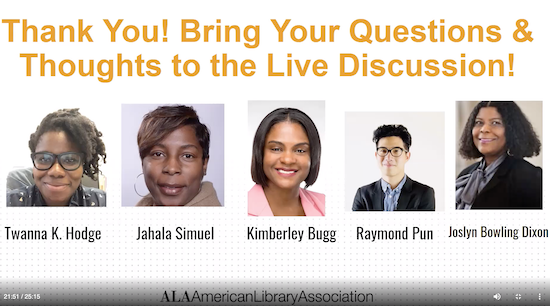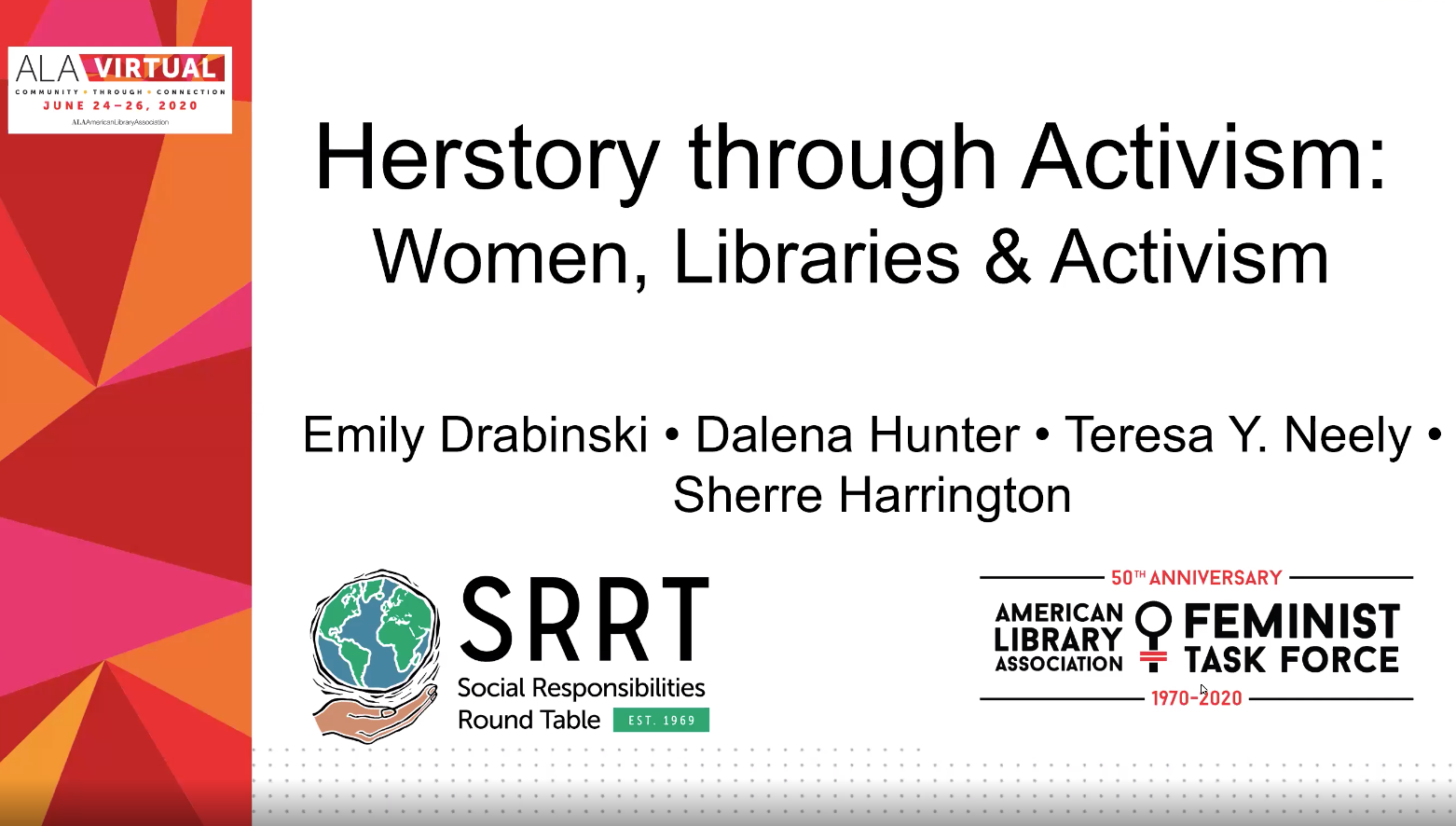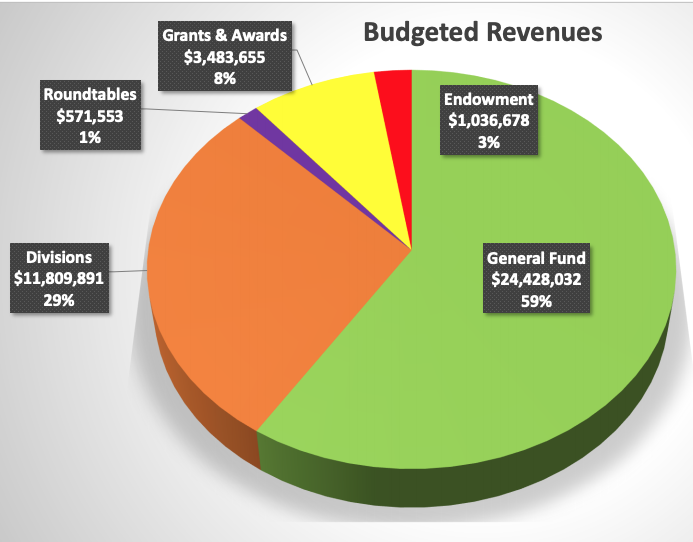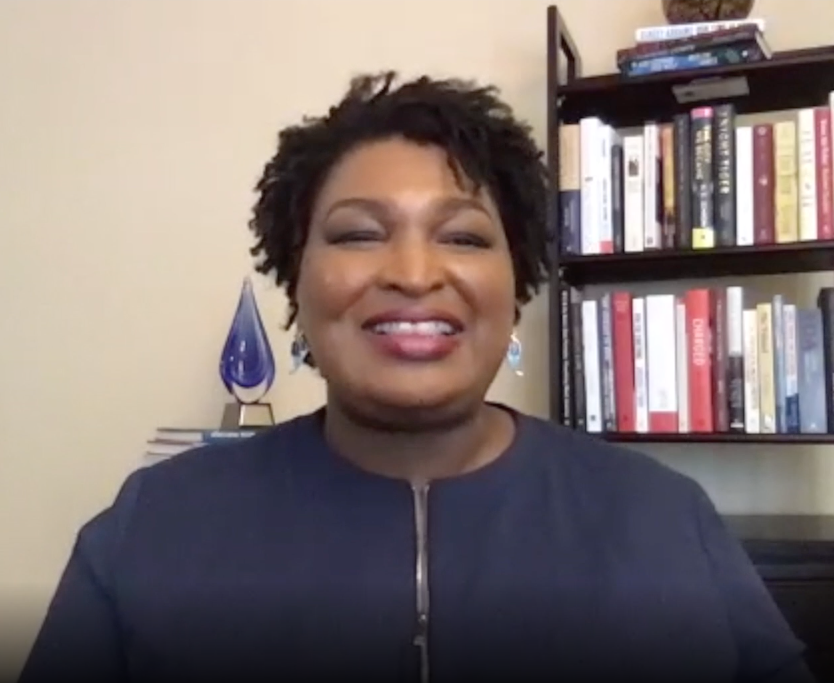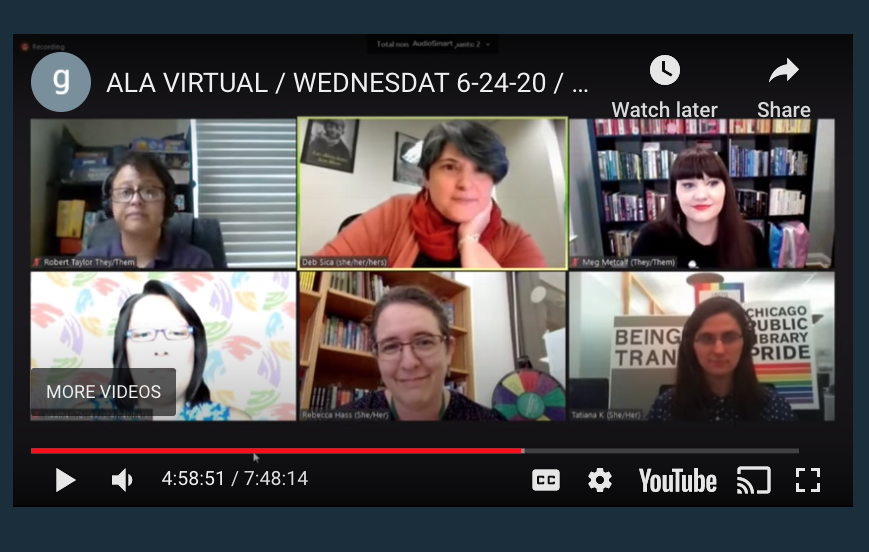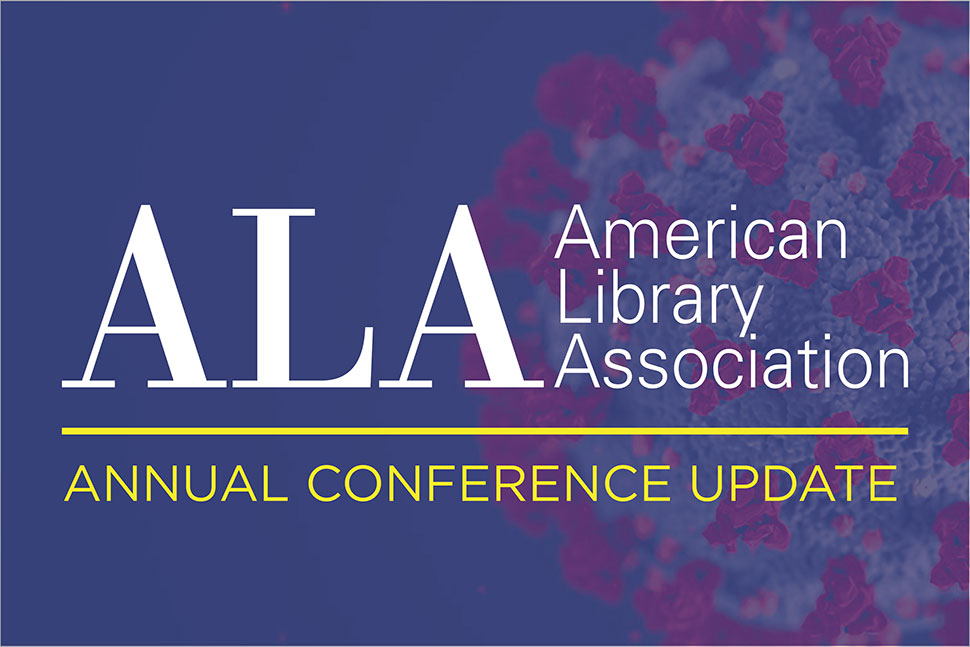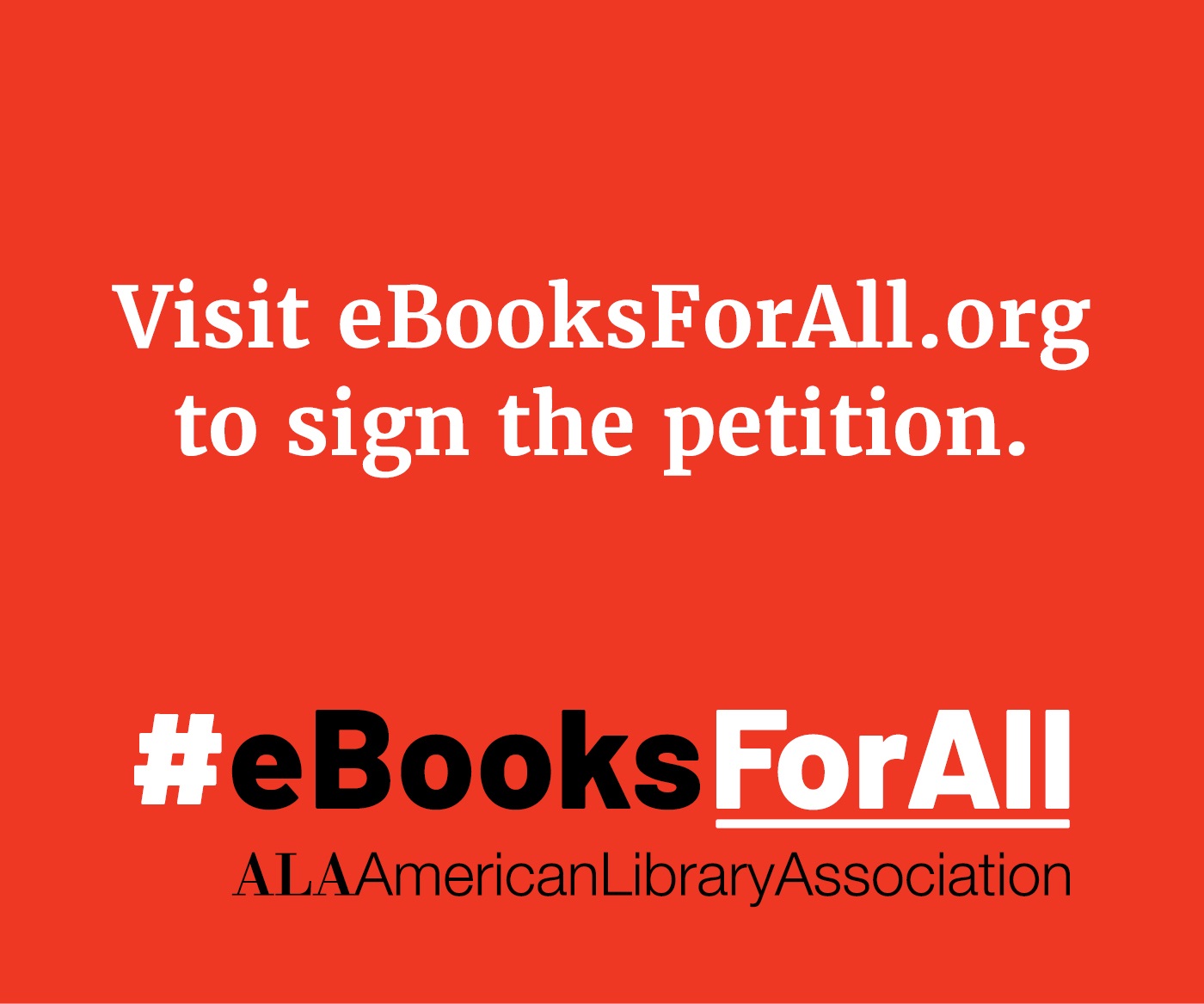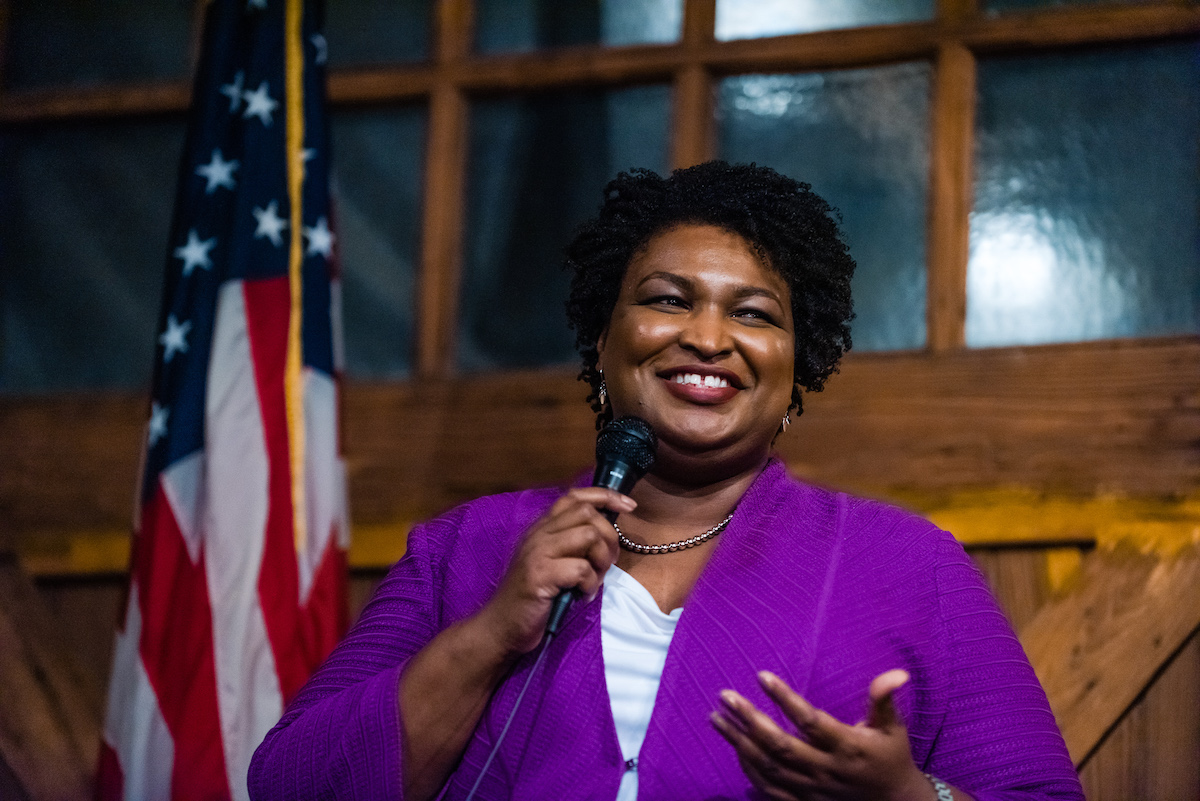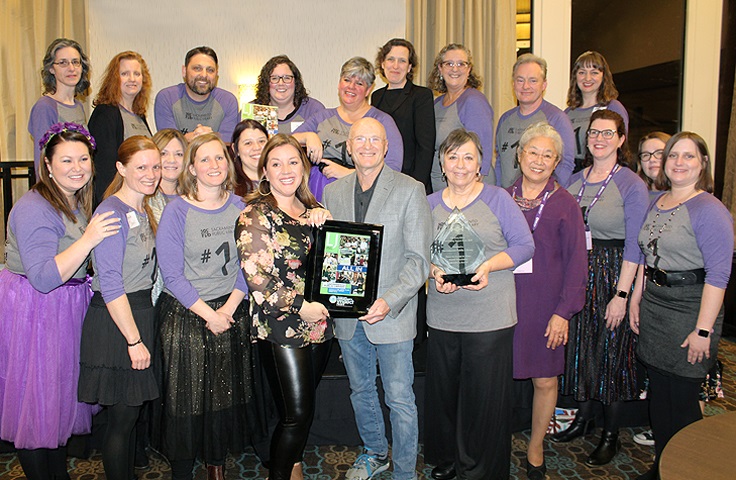Related
When thinking of how to best sum up this year’s Charleston Conference, held November 11–15 and available to view online December 9–13 (along with exclusive “online only” sessions), one word sprung to mind: collaboration. As a first-time attendee from a publishing technology background, it was wonderful to see so many professionals from the worlds of libraries and publishing come together to tackle challenges that are affecting the entire information industry.
About 100 lawyers, library professionals, educators, students, and activists attended the Banned Books and Libraries Under Attack Conference at the Cleveland State University (CSU) College of Law, which featured more than a dozen speakers and panelists.
The American Library Association (ALA) Annual Conference, held June 27–July 2 in San Diego, CA, was big and busy, with more than 8,400 attendees and 5,000 exhibitors, authors, illustrators, members of the press, and staff. And while those numbers didn’t top last year’s Annual in Chicago, which saw more than 15,000 guests, it felt busier—possibly because of the slightly smaller venue, and definitely because of the sense of engagement and enthusiasm throughout. The great weather may have kicked the mood up a few notches as well.
The American Library Association’s 2024 annual conference and exposition included many announcements from library vendors. Here’s a roundup of some of the news from this year’s show floor.
Keynoters and other speakers at American Library Association (ALA) conferences over the years have come to the conference from a wide range of disciplines, but their speeches all incorporate at least a few minutes attesting to the value of libraries in their lives—some landing more powerfully than others. At this year’s ALA Annual, held June 27–July 2 in San Diego, CA, a few speakers went beyond tales of being avid library users as children to tell stories that painted vivid pictures of what libraries, literacy, and unfettered access can mean to a kid who is looking to understand their world a little better.
Anyone who is attending this year’s American Library Association (ALA) Annual Convention in San Diego hoping to hear more about artificial intelligence (AI) and its impact on libraries has not been disappointed. “Breaking Boundaries: Harnessing the Power of Artificial Intelligence and ChatGPT to Transform Library Services,” one of the earliest panels on Saturday morning, was presented to a full house—five conjoined rooms with every seat taken.
This year’s American Library Association Annual Conference will be held June 27 – July 2 in San Diego, CA, where Pacific Ocean breezes and dry air will likely keep daytime temperatures in the low ’70s and nights 10 degrees cooler. Add in the San Diego Convention Center’s bayfront setting and nearby attractions that include Balboa Park, home to the San Diego Zoo and San Diego Museum of Art, and Mission Beach a 15-minute car trip away, and this year’s Annual is one to look forward to.
The U.S. Book Show, presented by Publishers Weekly—this year in collaboration with the Association of American Literary Agents—held its fourth annual event on May 22. The conference, which launched as a virtual symposium in 2021 to replace the defunct BookExpo America, offered a day of industry-centered conversation for publishing professionals, agents, editors, marketers, and authors.
By all accounts the 2024 Public Library Association (PLA) conference, held April 3–5 in Columbus, OH, was a resounding success. The 7,573 participants—including 5,702 attendees, 1,518 exhibitors, and 353 virtual registrants—packed the show floor, programs, and speaker sessions with palpable enthusiasm.
At the 2024 Public Library Association (PLA) conference, held April 3–5 in Columbus, OH, presentations were notably targeted and useful. And, as a number bore out, those concerns overlap in many areas.
Michael Reynolds, editor-in-chief of Europa Editions, saw libraries and publishers as star-crossed lovers that have been kept far apart for as long as possible, finally meeting in one room in Columbus, OH, at IndieLib, a conference hosted by the Independent Publishers Caucus and the Digital Public Library of America on April 2.
Large library gatherings usually share city space with at least one other special interest group—who could forget the young dancers shivering in their spangled leotards during January’s LibLearnX Conference in sub-zero Baltimore? This year, those attending the Public Library Association (PLA) biennial conference, held April 3–5 in Columbus, OH, will be overlapping with a crowd of umbraphiles—eclipse chasers—getting a jump on the first visible total solar eclipse in the United States since 2017, occurring April 8. Columbus lies just south of the path of totality.
Artificial intelligence (AI) was a hot topic at this year’s American Library Association LibLearnX conference in Baltimore, January 19–22, with multiple presentations, panels, and workshops covering the technology and its impact on libraries and the people they serve, touching on both AI’s potential and its current flaws.
Many of the topics that came up at the 2024 American Library Association LibLearnX conference, held in Baltimore January 19–22, were not surprising to anyone following library issues. People talked about the ongoing and increasing number of book challenges and how to handle them, the opportunities and challenges presented by artificial intelligence, and how to diversify a field whose demographics remain stubbornly flat, to name a few. One subject also on everyone’s mind, however, was the size of the show.
How do library leaders find the support needed to steward their organizations through challenging times? LJ's 2023 Directors' Summit asked—and answered—some big questions.
OverDrive will soon debut several new features including OverDrive Hub, a portal designed to enable staff in a variety of roles to work with their library’s digital branch, the company announced during the “Forward Together: The Future of Your Digital Branch with the OverDrive Hub and Libby” panel at OverDrive’s biennial Digipalooza conference in August.
Book banning groups are becoming more organized, but libraries are evolving new tactics to oppose censorship efforts, panelists said during the “#UniteAgainstBookBans: Advocate for your community’s right to read” panel with Emily Drabinski, Sara Gold, and Lisa Varga, with moderator Brian Potash, at OverDrive’s biennial Digipalooza conference in Cleveland August 9–11.
On June 26, the eve of Emily Drabinski’s ALA presidency, campaign workers, school librarians, activists, colleagues, friends, and family members gathered in her suite in the Chicago Hilton Hotel on Michigan Avenue. Against the backdrop of boats slowly moving across Lake Michigan, she addressed supporters. “Tonight we’re celebrating library wins,” she said. “In our communities, against censorship, and for the common good.”
OpenAI’s ChatGPT has been a hot topic ever since it debuted to the public seven months ago. So much so that the American Library Association’s (ALA) Core division decided to forgo its traditional wide-ranging approach to its Top Tech Trends panel and focus exclusively on the potential benefits and problems of generative artificial intelligence (AI) during the “Core Top Technology Trends: Libraries Take on ChatGPT” session at the ALA Annual Conference, held June 22–27 in Chicago.
On Thursday, June 22, the evening before the American Library Association (ALA) Annual Conference in Chicago officially began, Unite Against Book Bans hosted Rally for the Right to Read: Uniting for Libraries and Intellectual Freedom and an intellectual freedom award ceremony, attended by about 600 conferencegoers.
As always, authors were everywhere at the American Library Association (ALA) Annual Conference, held June 22–27 in Chicago. The conference was bookended by Opening General Session speaker Judy Blume, a perennially best-selling novelist currently experiencing a new wave of interest, and the Closing Session speakers, YA best-selling poet Amanda Gorman and Caldecott and Coretta Scott King–honored illustrator Christian Robinson.
The 2023 American Library Association (ALA) Annual Conference, held at Chicago’s McCormick Place convention center, had a distinctly pre-pandemic feel. Attendance numbers were up, reflecting a growing willingness to gather face-to-face. This year saw 15,851 in-person guests—nearly twice the 8,023 who convened at last year’s Annual, in Washington, DC, 587 of them international attendees—and 369 Digital Experience participants, down from 834 in 2022.
For the first time in over 30 years, librarians who work with incarcerated or detained individuals have a set of standards that reflect the diverse populations they serve.
The American Library Association Annual conference is back in its hometown this year, with a full lineup designed to keep everyone engaged.
Prince George’s County Memorial Library System, MD, last August hosted its first annual social justice summer camp. During five full days at five separate branches, groups of teens learned about the history of social justice movements along with project management skills to help effect change in their own communities.
At the American Library Association (ALA) Annual Conference in June 2022, much discussion in Council sessions involved the organization’s transformation—specifically, streamlining ALA’s structure and governance through the consolidation of its Constitution and Bylaws. At LibLearnX, the Special Session: ALA Bylaws Convention, convened on Friday, January 27 to consider and finalize the draft general revision of the ALA bylaws, took on the work that remained unfinished.
In January, the American Library Association (ALA) offered its recently reimagined winter event, LibLearnX: The Library Learning Experience, in person for the first time. The inaugural LibLearnX, held in January 2022, was presented virtually to accommodate COVID restrictions and concerns. This year debuted a hybrid model: The live version, held at the Ernest N. Morial Convention Center in New Orleans from January 27–30, was attended by 1,712 library workers and supporters and 757 exhibitors, authors, illustrators, press, and ALA staff. The LLX Digital Experience hosted 190 online attendees.
Professors and librarians at academic institutions sometimes describe certain students—or groups of students—as “not ready for college,” or assume that they “don’t know how to study” or are “at risk of dropping out.” These negative labels are most often given to students who are first-generation, low-income, and/or BIPOC (Black, Indigenous, and people of color). These views are called “Deficit Thinking”—blaming students for any failure to excel in a new, unfamiliar academic environment, rather than examining how an institution may be failing those students.
While this is the second outing for the American Library Association’s Library Learning Experience (LibLearnX), it’s the first time that attendees will convene in person for the re-envisioned conference, which replaces the former Midwinter Meeting.
The 2022 Charleston Conference took a somewhat different form from recent gatherings: not only hybrid, but asynchronous. At both the in-person and virtual conferences, issues of the day largely centered on access: open access and open educational resources, access to data, the need for more equitable access to research and materials, and questions of access—period—in the wake of constrained budgets and renegotiated agreements.
Rather than offering a subset of in-person programs live streamed to the at-home audience, concurrent schedules of separate virtual and in-person sessions, or both, this year's Charleston Conference is offering its in-person and virtual conferences two weeks apart.
John Bracken, Micah May, and Shaneé Yvette Willis discussed DPLA's new partnerships, recent projects, and the new Palace Project ebook platform during the “Digital Public Library of America: A Look Ahead” session at the American Library Association’s 2022 Annual Conference.
Speakers at the 2022 American Library Association (ALA) Annual conference, held June 23–28 in Washington, DC, featured an engaging lineup of leaders from within and outside the library world that included authors, actors, journalists, and creators.
At the American Library Association’s Annual conference in Washington, DC, the organization’s governing Council took the next big step in its slow progress toward transforming its own structure, in theory to something which is nimbler and more cost effective yet preserves many opportunities for participation and representation of all aspects of the field.
The 2022 American Library Association Annual Conference returned as an in-person gathering at the Walter E. Washington Convention Center in Washington, DC, June 23–28. While participants and exhibitors were largely enthusiastic about seeing each other face to face, often for the first time since the Annual conference in June 2019, COVID, the erosion of abortion rights, and a range of intellectual freedom challenges and privacy issues were front and center in many conversations—both in person and online.
Following a successful pilot test at Delaware’s Seaford, Laurel, and Milford libraries, the Delaware Division of Libraries (DDL) is preparing to roll out a new, comprehensive telehealth program to nine additional locations throughout the state by the end of 2022. The program was discussed in depth during “The First Statewide Library-Led Telehealth Initiative in the First State” presentation on June 26 at the American Library Association’s 2022 Annual Conference and Exhibition in Washington, DC.
The American Library Association’s (ALA) annual conference returns to a live event after a two year run of virtual-only conventions owing to COVID. The in-person event will be held June 23–28 at the Walter E. Washington Convention Center in Washington, DC. Here is a curated selection of sessions that appealed to the LJ editors who are attending the conference.
Publishers Weekly’s second U.S. Book Show, held virtually May 23–26, will lead off with an all-day track on May 24 specifically for librarians. The Libraries Are Essential program will include a roster of library leaders, educators, and advocates, as well as representatives from the American Library Association (ALA) and PEN America, examining issues currently at the forefront of library work.
If attendees of PLA 2022 needed a good reason to wake up early on the final day of the conference, Amy Schneider’s Big Ideas talk was it. Schneider, a former software engineer, made history from November 2021 through this past January with her 40-game winning streak on Jeopardy!—the most successful woman to compete on the show, with the second-longest run (Ken Jennings, who won 74 games, was the show’s host during her appearance), and the first openly transgender contestant to qualify for the Tournament of Champions.
In the last days of February 2020, the biennial Public Library Association (PLA) Conference wrapped up amid growing concerns over the outbreak of the SARS-CoV-2 virus. Two years and many virtual events later, the 2022 PLA Conference, held from March 23–25 at the Oregon Convention Center in Portland, was the first ALA-affiliated conference to reconvene in person.
In the “Fostering Equity and Inclusion by Promoting Employee Wellbeing” session, Ozy Aloziem, equity, diversity and inclusion manager at the Denver Public Library (DPL), detailed the culturally responsive model of employee care that she created and DPL is piloting.
Collection Diversity audits, while crucial, can present a daunting challenge. What can tip the balance toward deciding the work is worth it is a concrete plan for how the knowledge gained can be directly translated into action. At the “After the Collection Diversity Audit” session at PLA, a mixture of in-person and virtual panelists shared their experiences and strategies.
E-access was a hot topic at the Public Library Association (PLA) 2022 conference, held in Portland, OR, from March 23–25. Programs examining points along the pipeline from licensing to broadband to innovative infrastructure were well attended.
At the 2022 Public Library Association (PLA) Conference, held from March 23–25 at the Oregon Convention Center in Portland, many of the programs looked at equity work being done throughout the library, including top-down integration into the library’s strategic plan, the creation of dedicated departments and teams, and thoughtful, community-inclusive programming. Here are a few standout sessions attended by LJ editors.
A variety of public libraries shared their hands-on practices for improving and deepening their equity, diversity, and inclusion (EDI) work at the Public Library Association conference, held in Portland, OR, March 23–25. Among them, the "Queering the Library: Strategically Creating Space for the LGBTQ+ Community" session, presented by Rebecca Oxley and Teresa Miller, librarians in the Prince George's County Memorial Library System, MD, was unusual in that, rather than being led by top leadership, the change was led by branch-level staffers.
UPDATE: While the state of Oregon will be dropping the mask mandate effective March 12, PLA 2022 requirements for masking and vaccination/negative test will remain in effect during the conference.
Machine learning (ML) tools can potentially help patrons discover relevant content and services as they search a library’s catalog. However, ML tools need to be trained with a lot of good data to generate good recommendations, and initially, contextual recommendations generated with high-quality library metadata may be more effective at achieving the same goal.
The first iteration of the American Library Association’s new LibLearnX conference more than met its attendance goals despite having to debut virtually rather than, as originally intended, in person. Just shy of 2,183 people attended, 109 percent of the goal of 2,000.
Several sessions at the American Library Association's inaugural LibLearnX conference, which ran virtually January 21–24, offered practical, actionable approaches to complex situations. Two notables tackled issues of how to improve libraries’ internal culture to benefit their staff.
The American Library Association’s new winter conference makes its virtual debut with a focus on active learning.
The 2021 Charleston Conference, held as a hybrid of in-person and virtual events, reflected many of the concerns of academic librarianship in the COVID-19 era. Sessions were lively and engaging, with a focus on practical information and an eye on ways to ensure that services and programs would remain sustainable in uncertain times.
After a year and a half of virtual networking, many public and academic library leaders and employees were looking forward to attending in-person conferences again, while many others remained apprehensive about travel and large group events. As library organizations and associations began finalizing plans for fall and winter conferences, they needed to balance people’s wishes for some semblance of normalcy—in-person sessions and networking, shared meals, hugs and handshakes, tote bags—with a range of safety and liability concerns.
OverDrive is preparing to launch Readtelligence, a suite of new features for ebook selection and curation developed using artificial intelligence (AI) and deep learning tools to analyze every title in the company’s inventory.
The all-virtual format of the American Library Association (ALA) 2021 Annual conference, held June 23–29, meant new options for attendees who previously hadn’t been able to travel to the event, and also allowed ALA to put together an impressive roster of speakers.
“New digital technologies are bringing changes that are much more rapid and comprehensive than in the past to the way we live, work, and interact with one another. The idea that the recent advancement in digital technologies has reached qualitatively distinct stage of digital revolution is becoming more widely accepted,” explained Bohyun Kim, chief technology officer and professor for the University of Rhode Island Libraries, Kingston, during the "New Technologies of the Fourth Industrial Revolution: AI, IoT, Robotics, and Beyond” on demand presentation at the American Library Association's 2021 Annual Conference.
The Council of the American Library Association (ALA), meeting virtually at the Annual Conference, chose to take more time to consider several key proposals. Most notably, while the resolution to review the core values and one to require round tables to have at least 150 members both passed, the more ambitious of the Forward Together Resolutions Working Group’s outputs, which would restructure the committees and Council itself, were not voted on.
During the American Library Association (ALA) Virtual Annual Meeting, Lauren Geiger, metadata librarian, and Emily D. Harrison, digital projects specialist, both from Mississippi State University Libraries, discussed how to ensure that accessibility in digital collections is not limited to discoverability.
“The importance of providing equal access to information and learning experiences is nothing new, yet we consistently find that digital resources and technologies fall short” of accessibility for patrons and students with print and other disabilities, Trisha Prevett, eLearning librarian for Southern New Hampshire University said to open the "Born Accessible: Creating Equal Digital Learning Experiences for All" panel at the American Library Association (ALA) 2021 Annual Conference and Exhibition, held virtually from June 23–29. “We must ensure that libraries are providing resources that are truly accessible for all.”
The Asian Pacific American Librarians Association (APALA) President's Program at the 2021 American Library Association (ALA) Annual conference continued the theme of social justice prevalent in many of the conference offerings. The session’s title, Community Driven Justice in Our Work: Library and Archival Workers of Color Advocating for Self-Preservation, Solidarity, Change, and Justice in Communities, Workplace, and in the Profession at Large, proposed a wide cross-section of work; panelists kept the focus on their own advocacy efforts within their libraries.
On June 27, during the American Library Association (ALA) Virtual Annual Meeting, over 100 attendees listened as a panel of experts spoke about an update on the development of a framework of cultural proficiencies for racial equity.
Staff and a student from the University of Maine discuss the creation of the Racial Justice Challenge subject guide, designed to provide a week-long, self-paced, learning experience.
The subject of the Association of College and Research Libraries President’s Program at the 2021 American Library Association Annual conference, Making Change: Organizing for Action While Caring for Each Other, on June 24, was a timely one for library workers keeping their advocacy energy up after a challenging year and a half. Speakers discussed taking community organizing approaches to the work of dismantling institutional racism, widening the circle to care for colleagues and community in the ways they need without burning out.
During the American Library Association (ALA) Virtual Annual Meeting, attendees listened to an on-demand session featuring a panel of speakers who discussed partnering to amplify underrepresented and unheard voices using digital scholarship.
For the second year, the American Library Association (ALA) takes to the web to host its annual conference safely during the COVID-19 pandemic, taking place June 23-29 on a monitor near you. Exhibits will be open June 23–26 and, much like their analog counterparts, will feature activities to keep things fun and lively, including yoga, a magic show, and a bunny break.
The title of the inaugural U.S. Book Show’s opening track, “Libraries Are Essential,” was likely a well-worn sentiment for much of its audience. But coming at the beginning of Publishers Weekly’s (PW) virtual event , held May 25–27 to replace the retired BookExpo, the block of public and academic library–centered programming offered a pointed message to publishing capping a year marked by complicated relations between libraries and e-content publishers.
Earlier this spring, in conjunction with a survey of how academic library deans and directors’ perspectives and strategies around equity, diversity, and inclusion (EDI) and anti-racism have changed over the last year, Ithaka S+R announced that it would launch an anti-racism talent management audit in partnership with library leaders from Binghamton University, NY, and the University of Delaware.
The Association of College and Research Libraries (ACRL) 2021 virtual conference, taking place April 13–16, started off on a strong note with Tressie McMillan Cottom’s opening keynote. Her thoughts on how to center human rights and justice within an academic framework gave attendees much to think about as they continued on to the many panels, sessions, exhibits, and other offerings.
At the American Library Association virtual Midwinter Meeting, the association continued its ambitious three-pronged strategy of self-reinvention. The Forward Together plan, which for several years has pursued a streamlined and less siloed governance structure, is joined by a revision-in-progress of the Operating Agreement, which defines the relationship of the association to its divisions and roundtables, and the Pivot Strategy, which addresses how association management and staff do the work. These three parallel threads ran through the virtual membership meeting, the executive board, and of course, Council convenings.
“The troublesome tech landscape is a vast and ever-evolving place,” said Callan Bignoli, library director of Olin College of Engineering. Needham, MA, kicking off an hour-long presentation on technology and surveillance—including the recent impact of the COVID-19 pandemic on academic surveillance—at the American Library Association's 2021 Midwinter Virtual Meeting.
Deepfakes, a portmanteau of “deep learning” artificial intelligence (AI) and “fake media,” are becoming more common, and a better understanding of what they are and how they work “is vital in the current information landscape,” said John Mack Freeman, Suwanee branch manager for Gwinnett County Public Library, GA, in an hour-long presentation as part of this year’s Core Top Tech Trends panel at the American Library Association’s Midwinter Virtual Meeting.
Cindy Altick Aden, Leon A. Wilson, and Gina J. Millsap share wisdom on how librarians can become stronger advocates for their community, and better understand issues facing patrons in need.
The American Library Association (ALA) closed out its first virtual Midwinter Meeting—which was also its last Midwinter Meeting, as the 107-year-old conference format will be replaced next year by ALA’s LibLearnX event—with a highly anticipated conversation between ALA President Julius Jefferson and First Lady Dr. Jill Biden.
Natalie Baszile discusses We Are Each Other’s Harvest: Celebrating African American Farmers, Land, and Legacy.
The session “Small and Rural Libraries: A Candid Discussion,” held at the American Library Association (ALA) 2021 virtual Midwinter Meeting, began—as one might expect, during a year of pandemic, budget cuts, and major disruptions—by looking at the challenges small libraries face. But it quickly turned into a celebration of how they are meeting the needs of patrons, communities, and staff with imaginative, humane solutions.
The ALA President’s Program at the American Library Association Virtual Midwinter Meeting 2021 featured U.S. Poet Laureate Joy Harjo in conversation with fellow poet and memoirist Jill Bialosky, an executive editor at W. W. Norton.
The Association of Bookmobile and Outreach Services (ABOS) presented “Exploring Ways to ‘Jazz Up’ Your Library's Bookmobile, Outreach, or Book Bike Program during the COVID-19 Pandemic with the Association of Bookmobile and Outreach Services” during the American Library Association (ALA) Virtual Midwinter Meeting. The session was notably encouraging and upbeat, urging outreach librarians to reframe their services during the pandemic.
Historians Ibram X. Kendi and Keisha N. Blain discuss their latest work, Four Hundred Souls, and how they sought to bring together a community to reflect on, and make, history.
As announced in August 2020, the final incarnation of the American Library Association (ALA) Midwinter Meeting and Exhibits, originally scheduled to be held in Indianapolis, IN, will instead take place virtually January 22–26. Registration will be open until January 15. Here are LJ’s editors’ picks from the program.
Because of the COVID-19 pandemic, this year the Charleston Conference took place virtually from November 2–6. Appropriately, many of the sessions focused on the changes in and around academic libraries wrought by the pandemic. A panel titled “Getting Back to Business,” sponsored by the Society for Scholarly Publishing’s Scholarly Kitchen blog, offered opinions from a range of scholarly publishing stakeholders, including representatives from a university library, research society, nonprofit, and publishing consultant.
The Charleston Conference, taking place virtually November 2–6, responsibly balances up-to-the-minute issues with the evergreen matter of scholarly library work. Below are a smattering of sessions selected by LJ editors.
When Urban Librarians Unite (ULU) chose "Librarians at Work" as its 2020 conference theme last year, no one could have anticipated what a loaded concept that would be by September. The decision in July to take its eighth annual conference virtual proved to be a good one; people were enthusiastic, and by the September 11 date had some experience with virtual gatherings—and it allowed ULU, a New York City–based library workers' advocacy nonprofit, to expand its offerings to attendees and speakers who might not have been able to travel to the customary site at Brooklyn Public Library's Grand Army Plaza.
Love was in the air the weekend of August 28–30, despite the turmoil rocking the romance industry for the better part of 2020. Following the May cancellation of the prestigious RITA Awards, now retired and replaced by the Vivian, the Romance Writers of America (RWA) forged ahead to produce a memorable annual virtual conference.
Following a successful virtual version of its Annual conference in June, the American Library Association (ALA) announced on August 6 that in light of the continuing pandemic, the next Midwinter meeting, originally scheduled to be held in Indianapolis in January 2021, will also be an all-virtual event.
Even the villainy of COVID-19 couldn’t dash the hopes of comics and pop culture fans expecting to attend the annual San Diego Comic-Con, canceled this year for the first time since its inception in 1970. Rising to fill the programming void was the virtual convention, Comic-Con@Home, held July 22–26, offering more than 400 hours of online events freely available to the public.
Advancing Racial Equity and Inclusion in the Workplace, a virtual symposium hosted by the Denver Public Library (DPL) on July 8–10, convened academic and public librarians and others who discussed equity, diversity, and inclusion (EDI) work, the emotional toll it takes, and barriers such as white supremacy culture.
Held online from June 24–26, ALA Virtual—Community Through Connection saw 7,349 attendees and 651 exhibitors and featured more than 50 sessions, live chats with authors and speakers, more than 75 publisher and exhibitor sessions on new titles, a virtual exhibit floor with more than 600 participating exhibitors, 11 featured speakers, and a Swag-a-Palooza with hundreds of free items.
At this year's American Library Association (ALA) Virtual Conference, the well-attended panel “Breaking the Rules of Graphic Novels" touched on topics of defying taboos and how owning one's story can make familiar ideas feel utterly new.
Seven experts discussed long-term trends that are becoming even more significant in the wake of the COVID-19 pandemic.
The urgent need for antiracism work, and fighting anti-Blackness in particular, inside the culture of librarianship as well as in our communities, was an important strand of content throughout the American Library Association (ALA) Virtual Conference last week. It echoed through new Executive Director Tracie Hall’s message to Monday’s Membership Meeting and to Council, ALA president Wanda Brown’s message, and the keynote presented by Fair Fight founder Stacey Abrams, as well as granular programming on how to operationalize antiracism work in libraries.
This year marks the 100th anniversary of [white] women’s suffrage and the 50th anniversary of the American Library Association’s (ALA) Social Responsibilities Round Table Feminist Task Force (FTF). In honor of both milestones, the ALA Virtual Conference panel “Herstory Through Activism: Women, Libraries, and Activism” offered a compelling look at the intersections of feminist activism in libraries, and how the current era of COVID-19 has changed the panelists’ priorities for urgent change.
Of the many innovations necessitated by the American Library Association (ALA) Annual conference shift from in-person to virtual because of COVID-19, governance meetings using two technologies in tandem were among the most high-stakes. Despite a few glitches and a noticeable learning curve, on the whole they went smoothly, with ALA Council members voicing approval of the voting software even for in-person use once conferences resume.
At the American Library Association's (ALA) virtual conference held this week, replacing the annual in-person conference which was canceled because of the pandemic, ALA President Wanda Brown invited as her President’s Program speaker Stacey Abrams—author, Georgia gubernatorial candidate, and founder of the organizations Fair Fight (for voting rights) and Fair Count (for census participation).
A live panel of transgender and nonbinary librarians and allies, held on June 24 at the American Library Association’s (ALA) virtual conference, offered an abundance of useful information and resources for libraries to better serve their transgender communities and ensure that transgender staff are comfortable in the workplace.
As we all know by now, 2020 is not a normal year and ALA's annual conference has gone virtual from June 24–26. While missing the chance to network, connect, and collect galleys, the silver lining is that attending ALA is now available to a far broader cross-section of the field than ever before. Here, LJ’s editors have made their personal picks.
On the evening of March 24, the American Library Association (ALA) announced that the 2020 ALA Annual Conference and Exhibition, scheduled for June 25–30 in Chicago, has been canceled because of concerns over the COVID-19 pandemic. This will be the first time the Annual conference has not been held in 75 years; the last cancellation was in 1945, during World War II.
Nearly four months after Macmillan enacted its 60-day embargo on library ebooks, the state of digital collections is still a subject of intense interest in the field. This played out at the Public Library Association (PLA) conference, held in Nashville, TN, on 25–29, when the panel “Building the Case for #eBooksForAll” saw attendance of close to 300 conferencegoers.
The engaged and engaging slate of speakers at the Public Library Association (PLA) 2020 conference, held from February 25–29 in Nashville, TN, featured guests ranging from politicians to lawyers to journalists to satirists. Audiences filled the ballroom at Nashville’s Music City Center for each keynoter, and every session ended with an excited buzz and plenty of conversation.
LJ Celebrates Sacramento Public Library, Winner of the Jerry Kline Community Impact Prize | PLA 2020
Library Journal’s reception at PLA celebrated Sacramento Public Library, the inaugural winner of the $250,000 Jerry Kline Community Impact Prize, for the many ways it is deeply embedded in its community. Director Rivkah Sass brought some 16 SPL staff members—all color-coordinated in purple and gray “#1” team jerseys—as well as Sacramento City Council member and Mayor Pro Tem Angelique Ashby to join the party.
By far the biggest and most contentious issue dominating the American Library Association Midwinter Meeting Council sessions was not the organization’s governance, but its finances: specifically, how and why a shortfall of approximately two million dollars in operating funds occurred.
UPDATE: On February 14, ALA President Wanda K. Brown and the ALA Executive Board released a statement in response to financial shortfalls in the current fiscal year operating budget that were first brought to light at the Association’s recent Midwinter Meeting, available here.
ALREADY A SUBSCRIBER? LOG IN
We are currently offering this content for free. Sign up now to activate your personal profile, where you can save articles for future viewing

